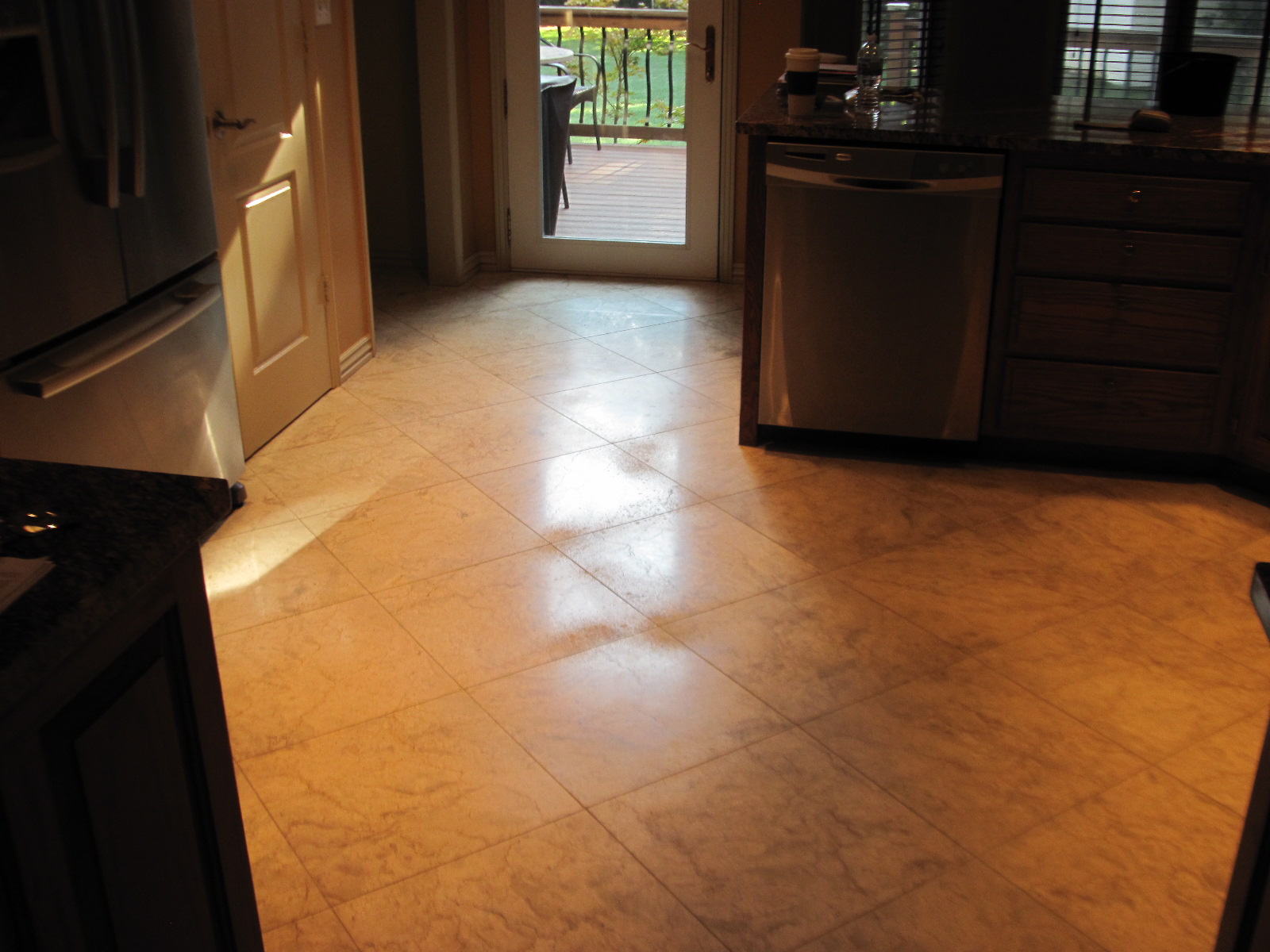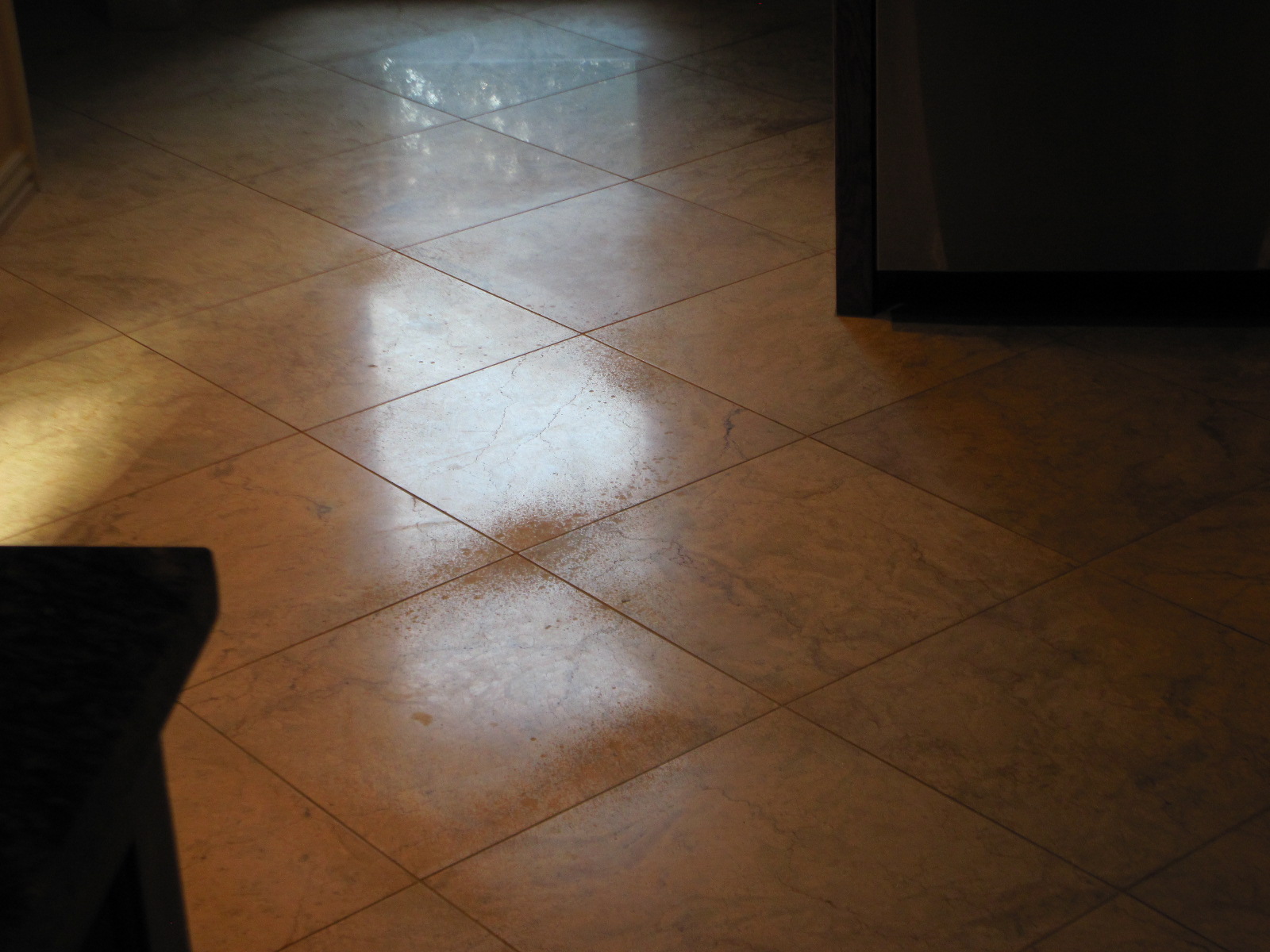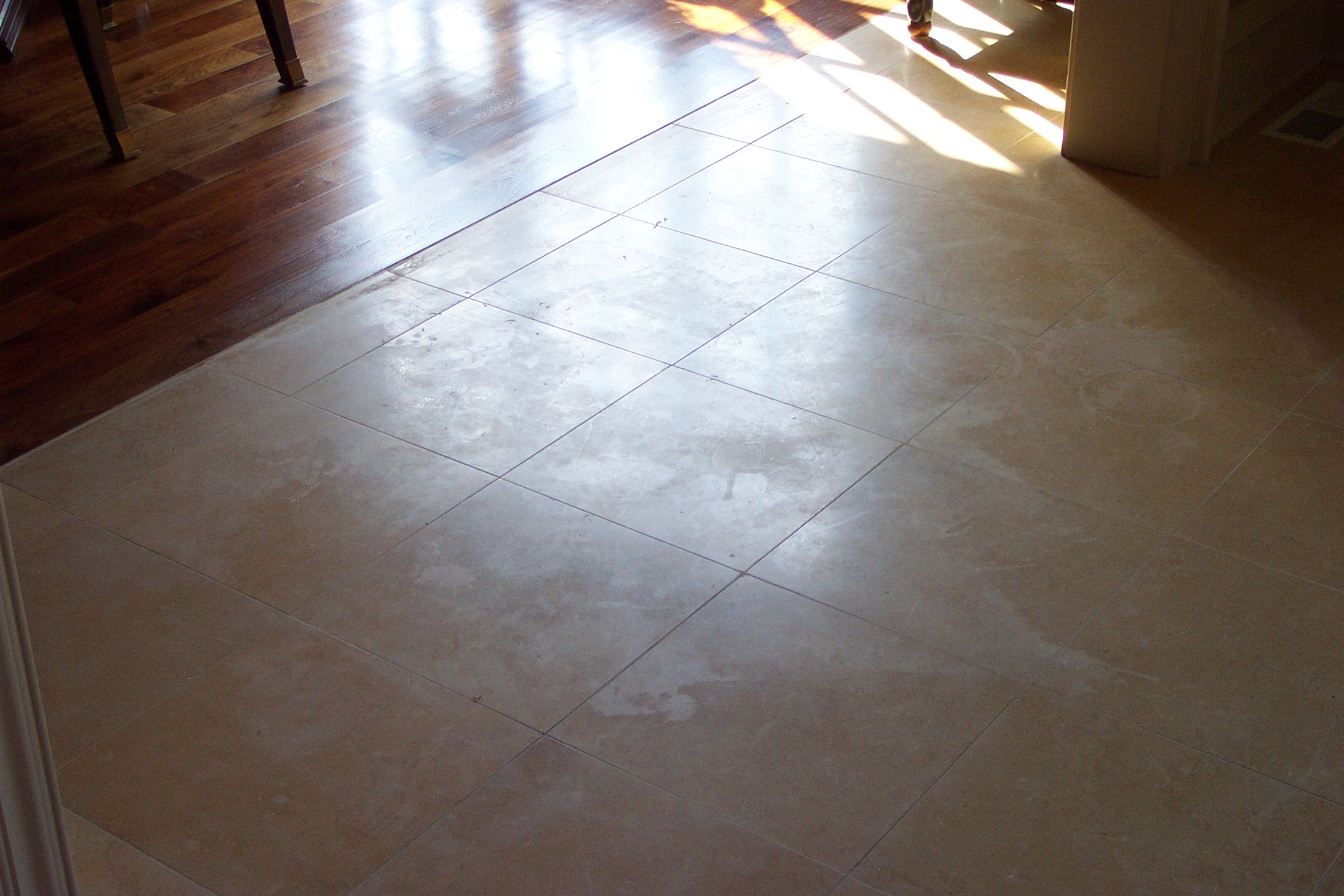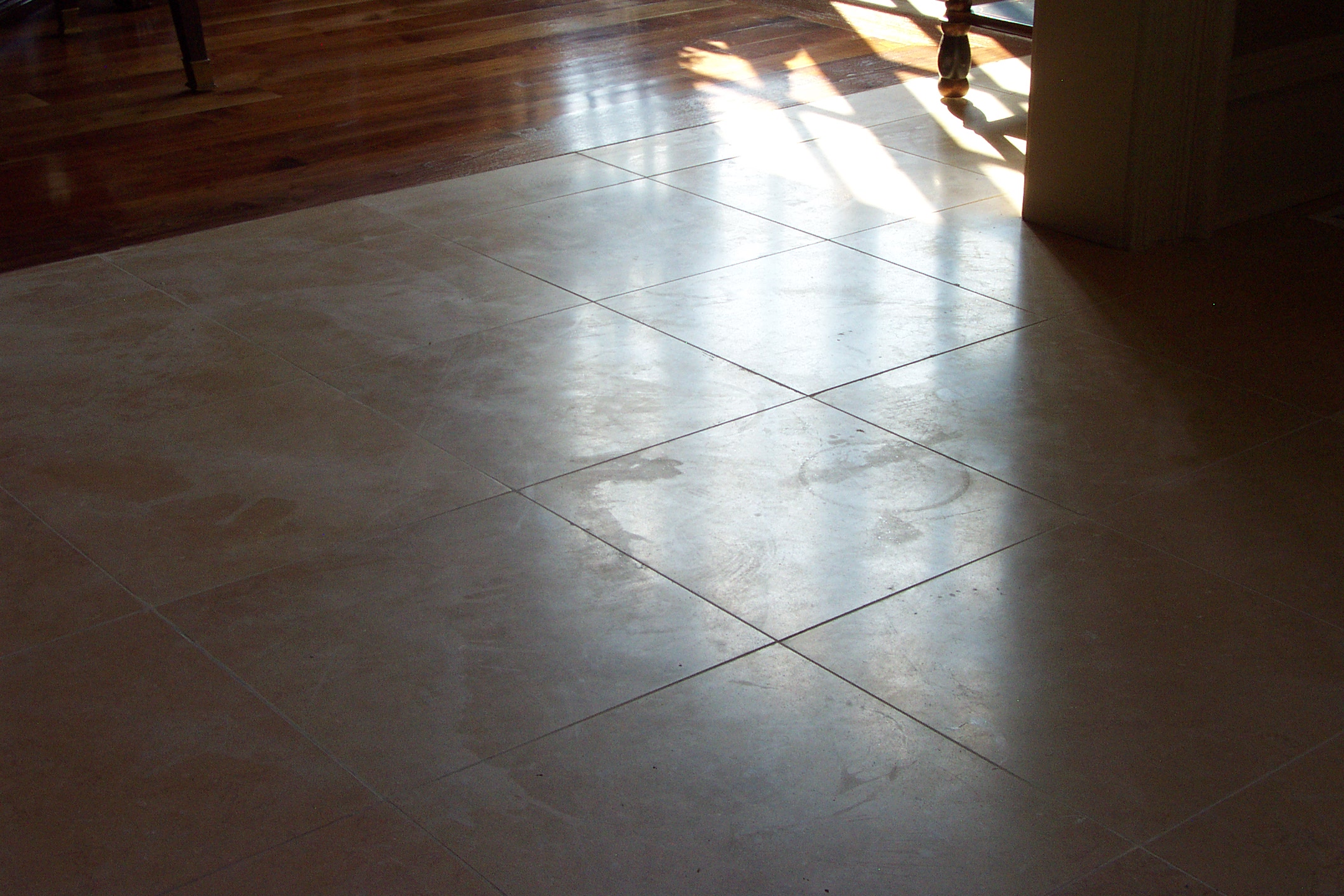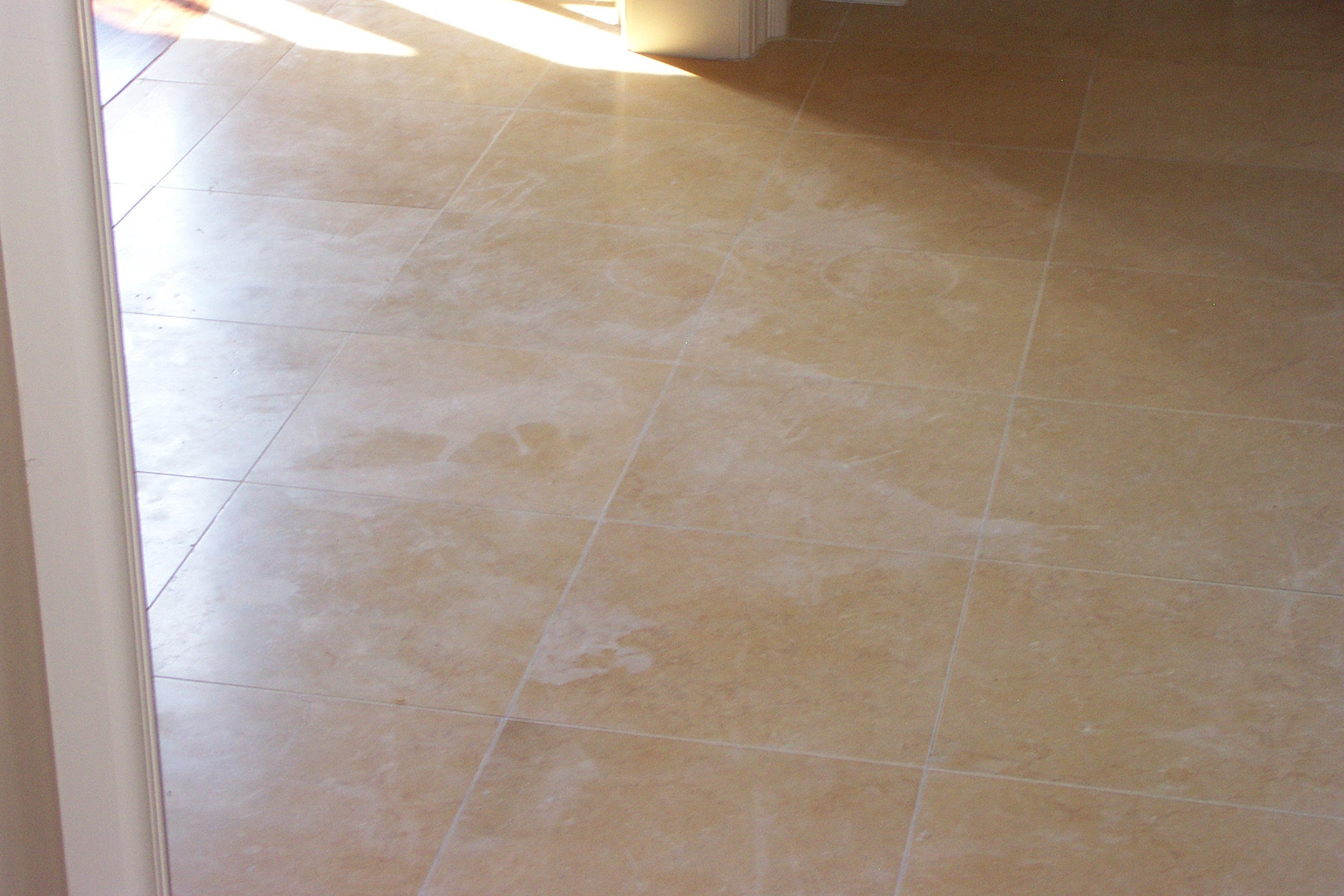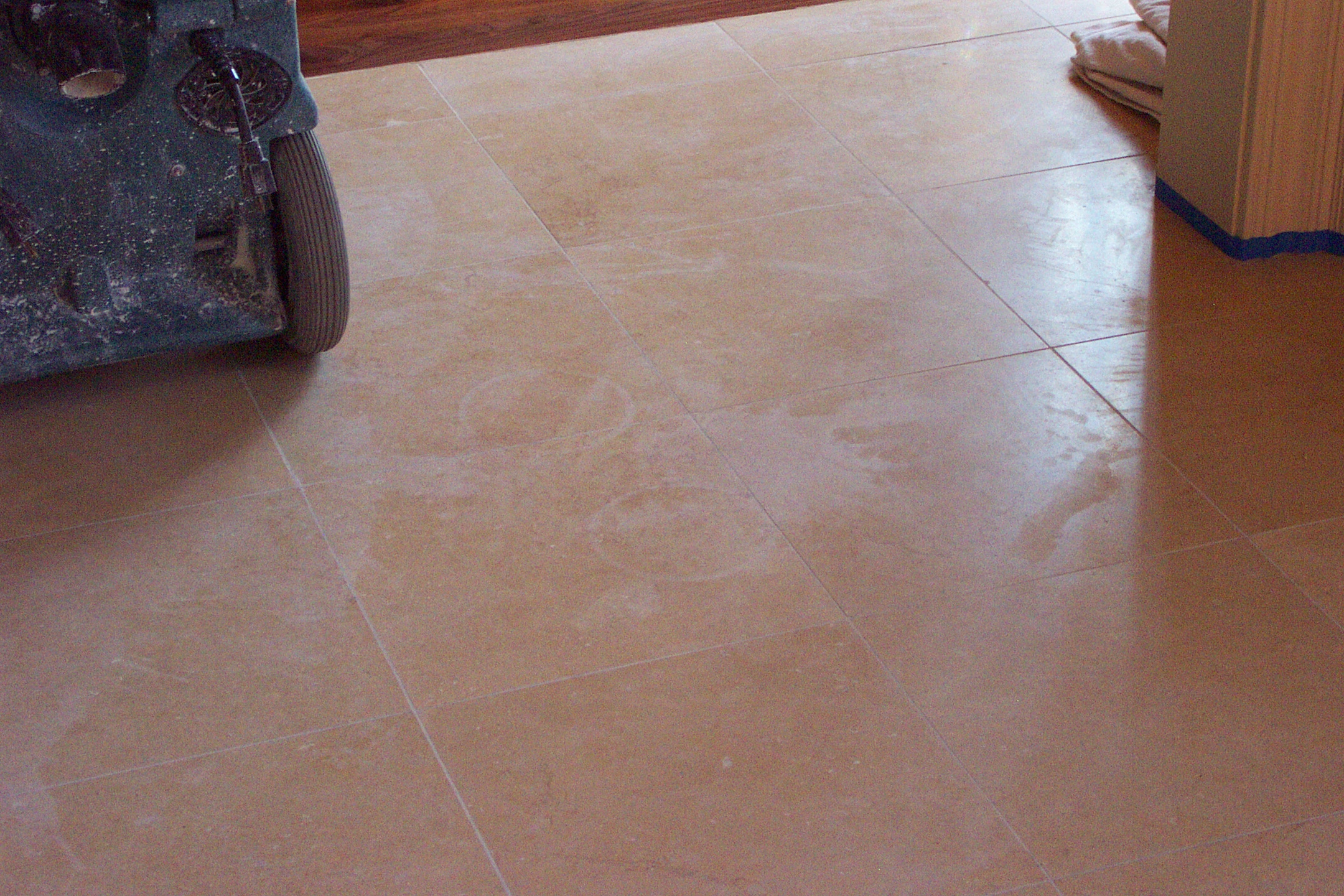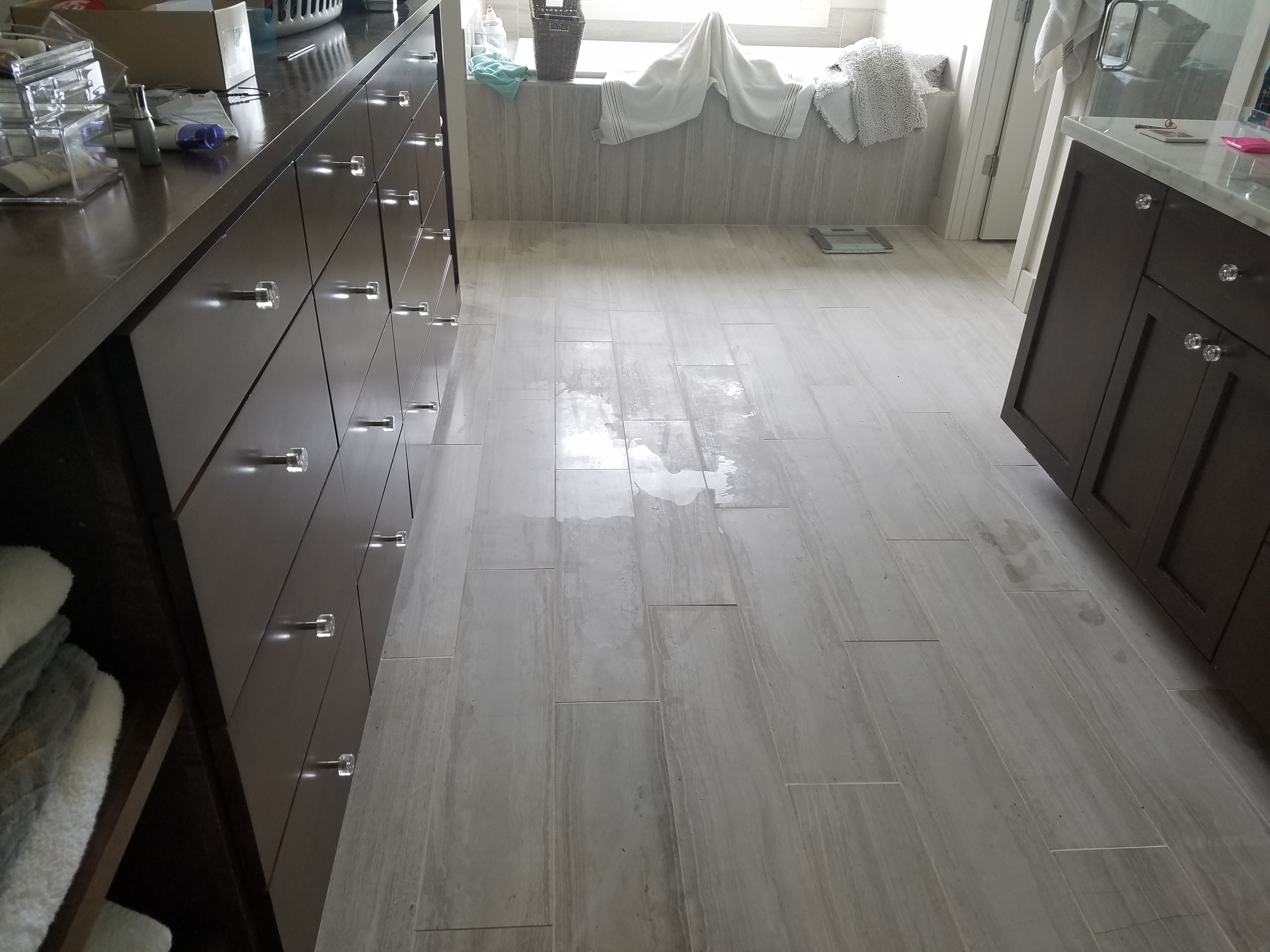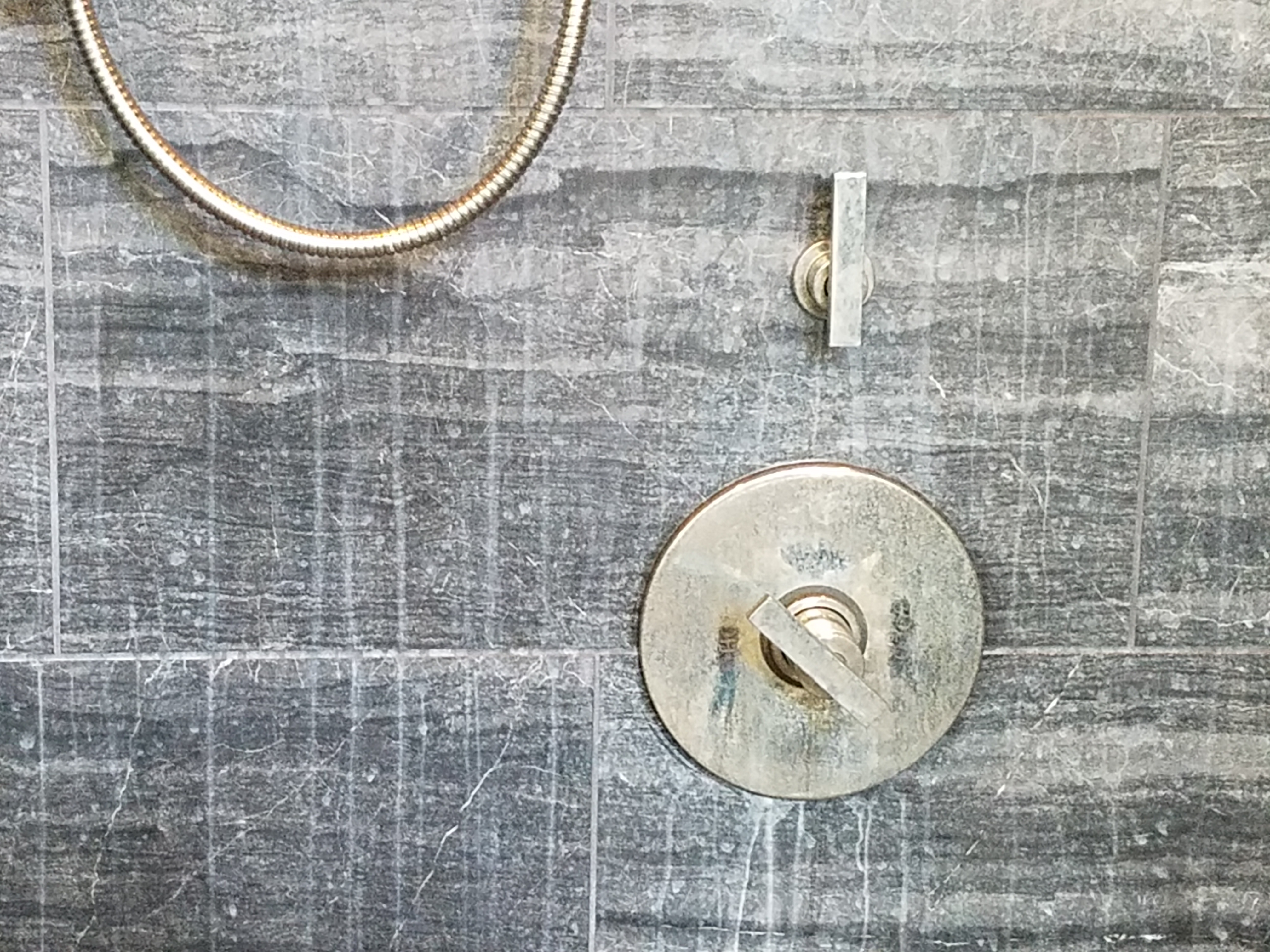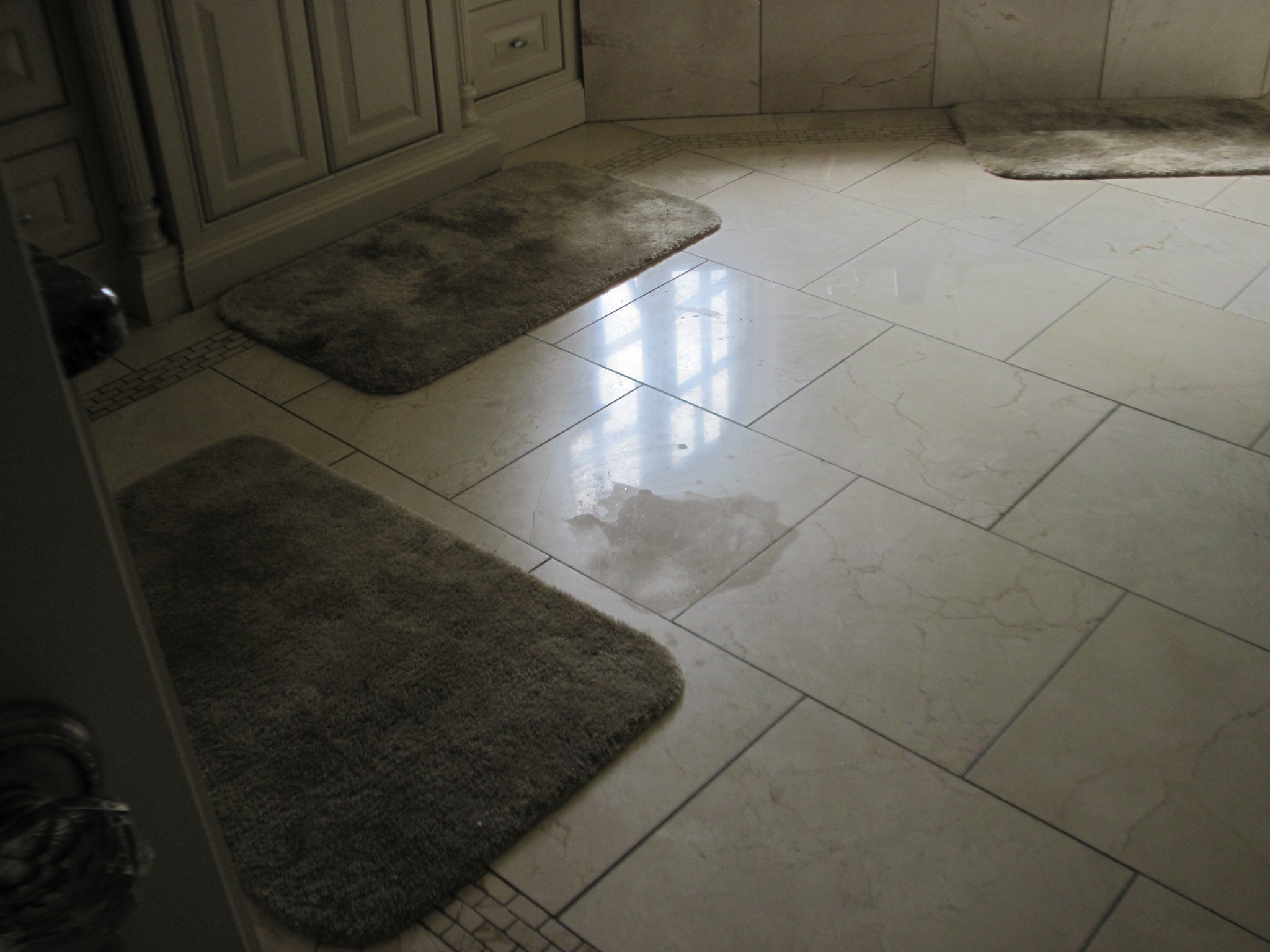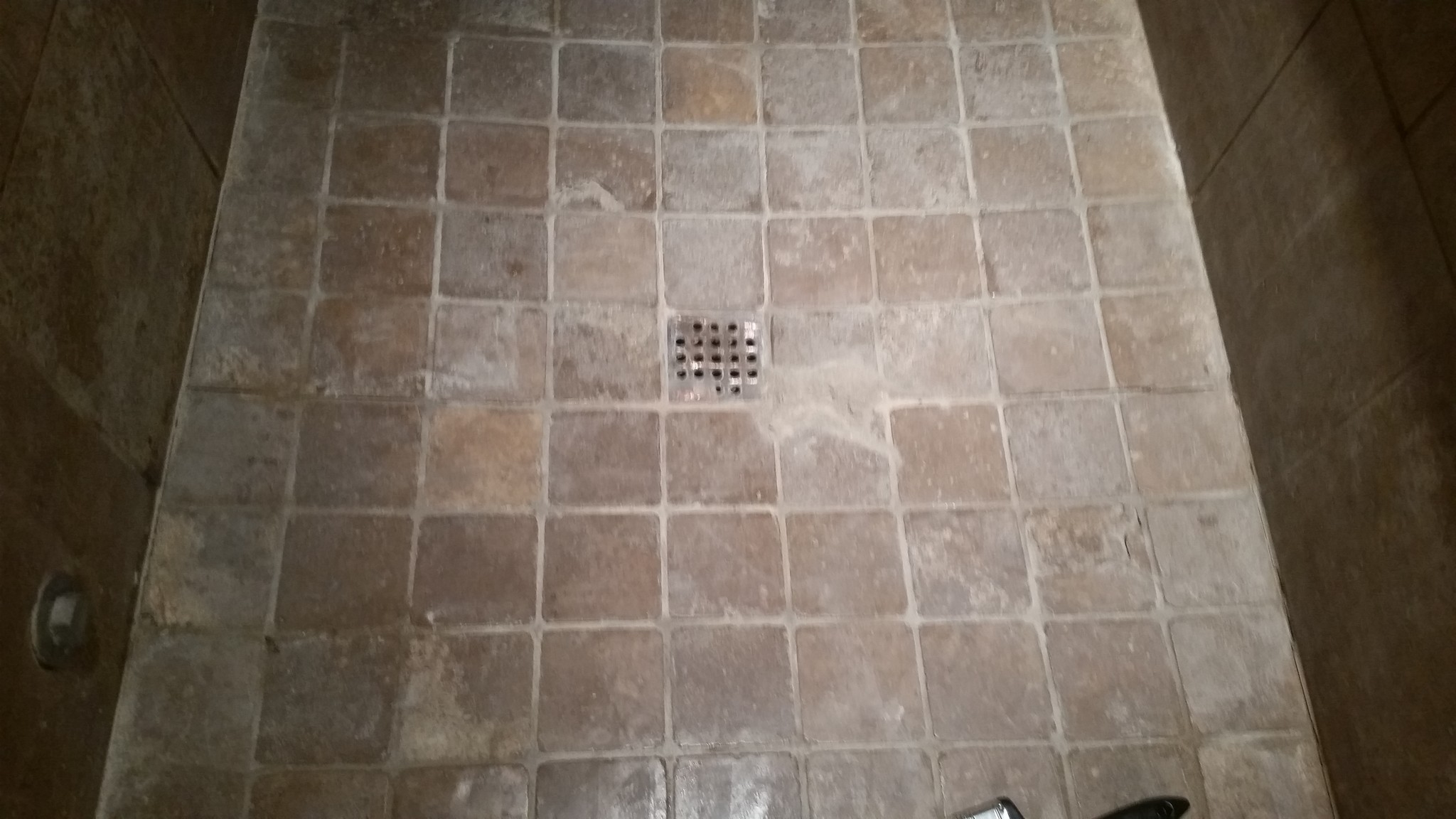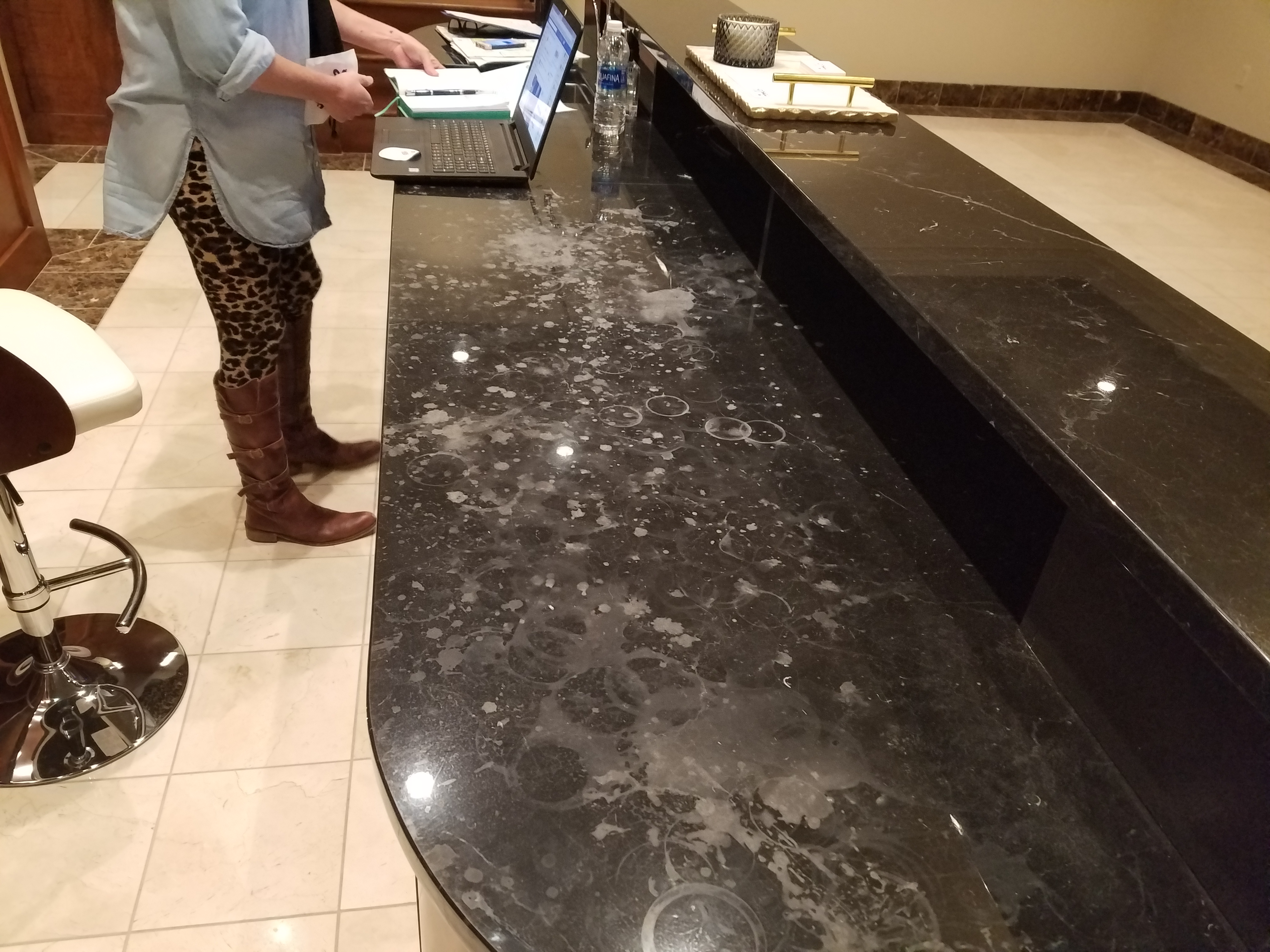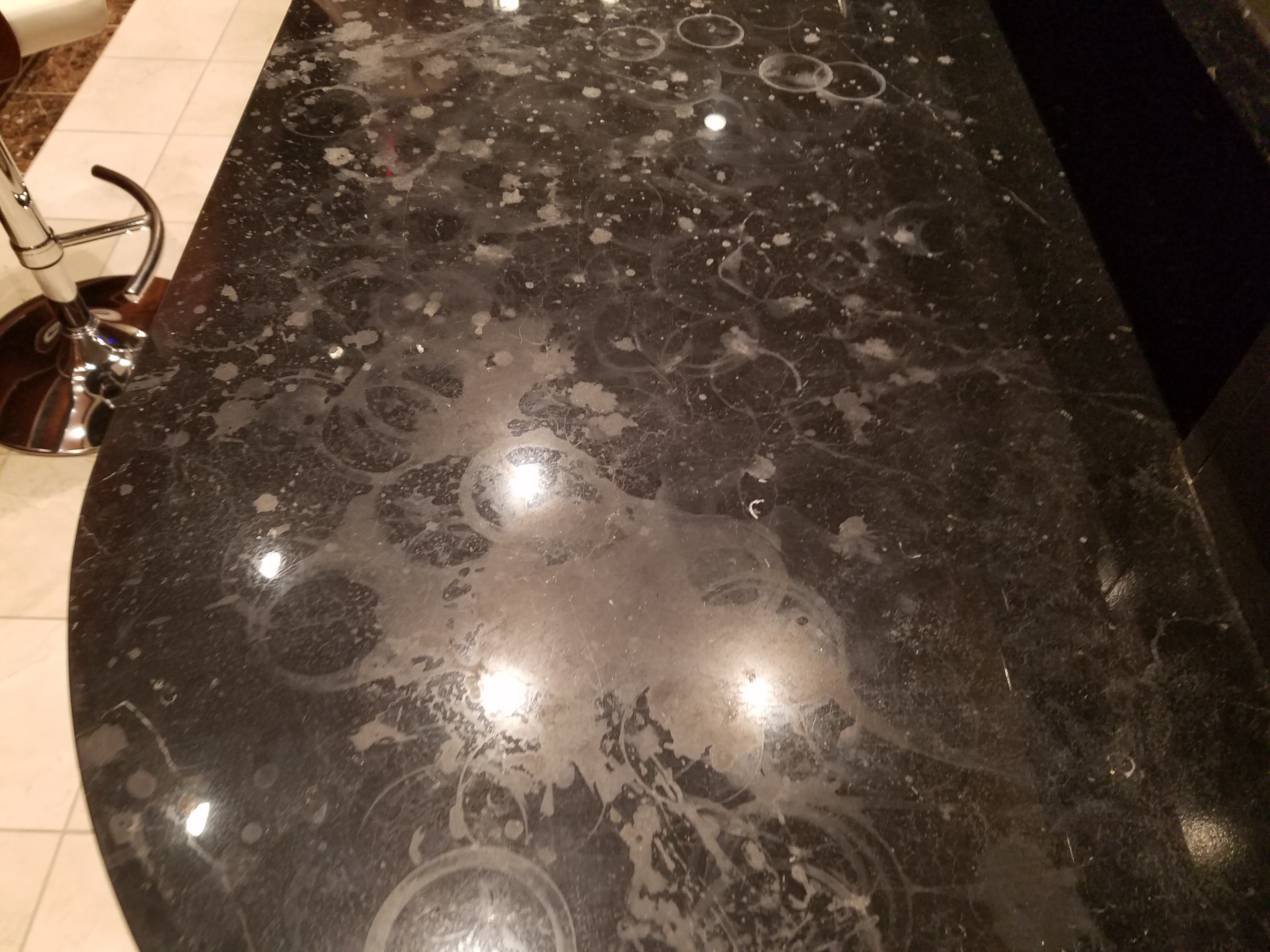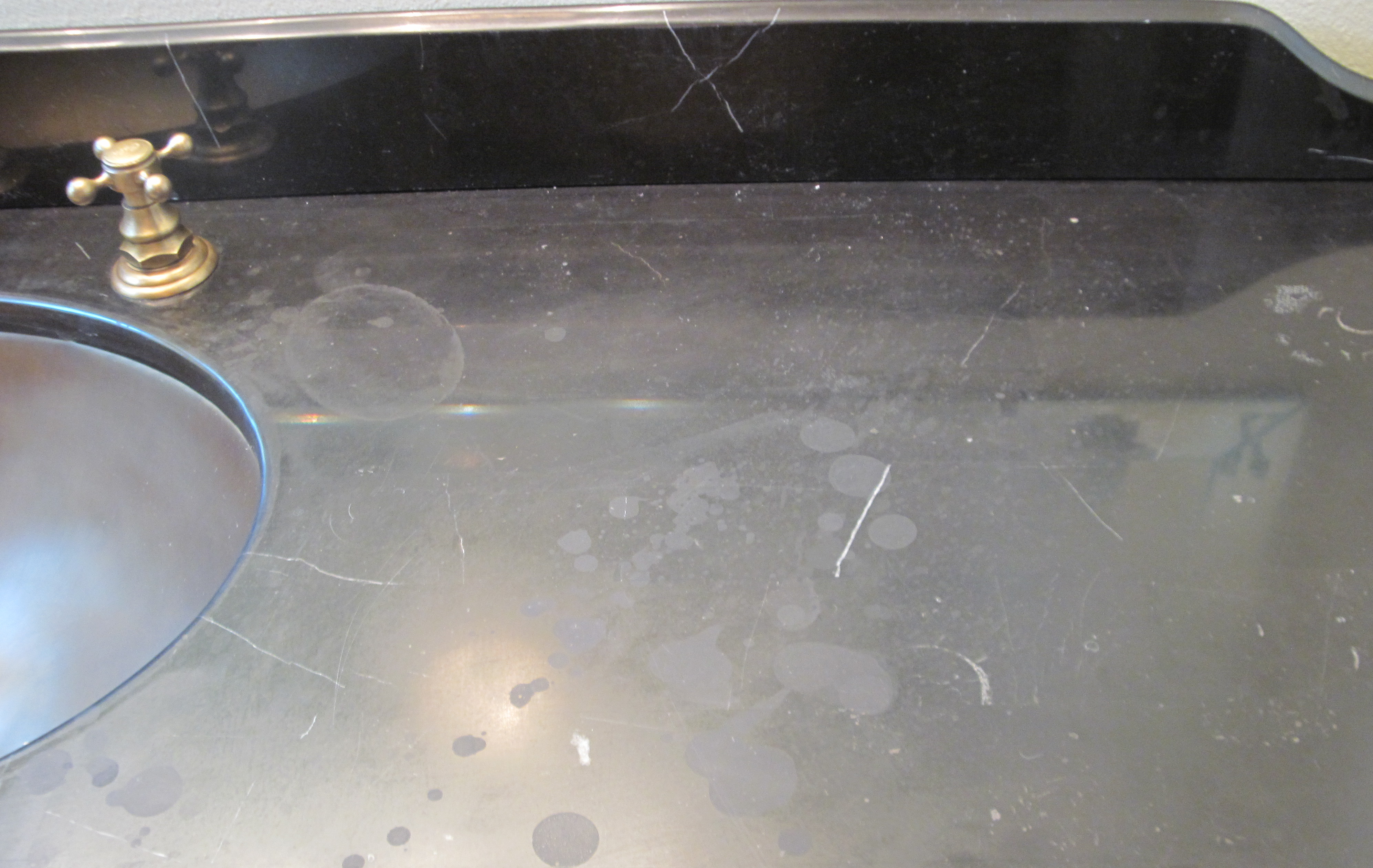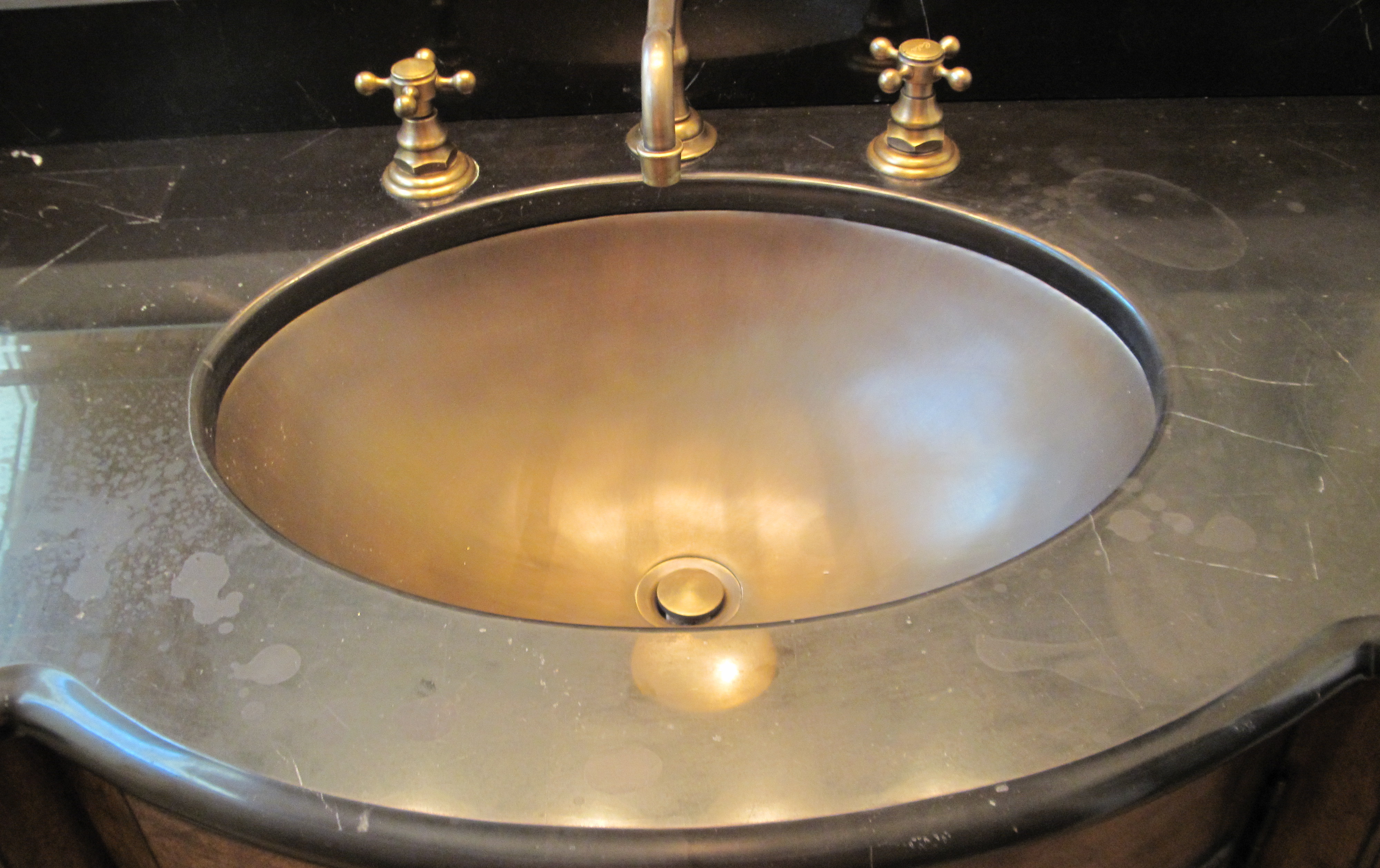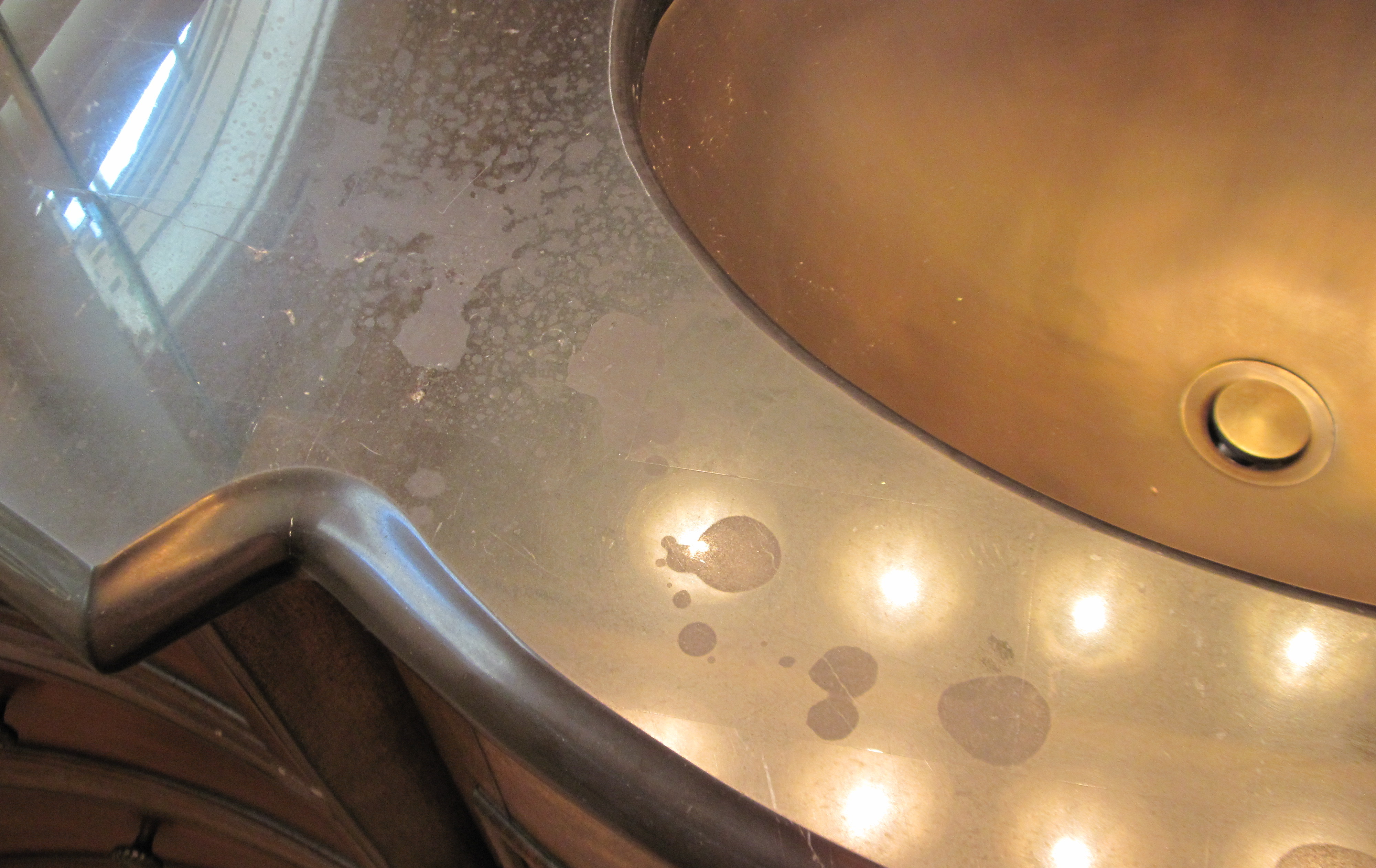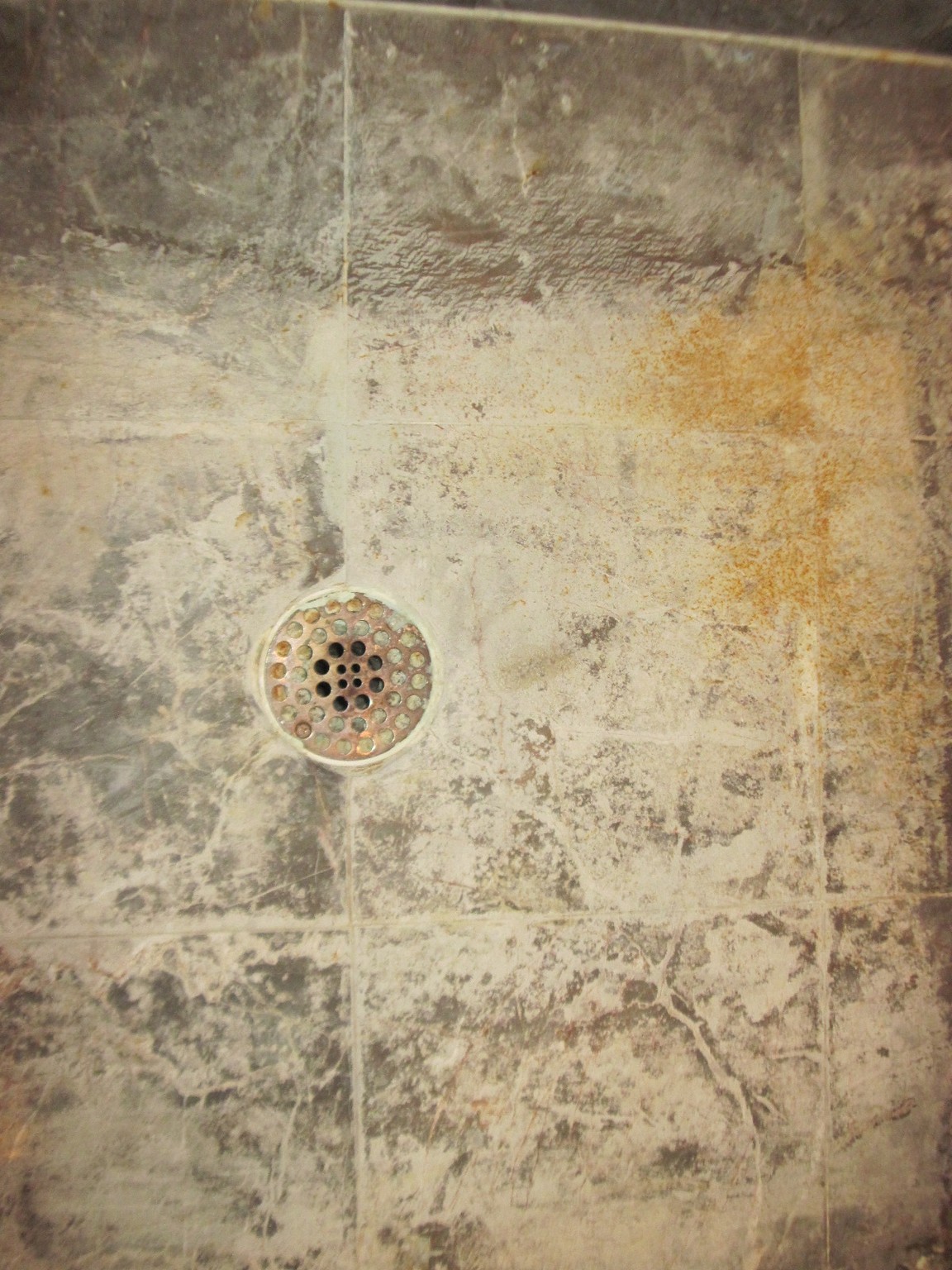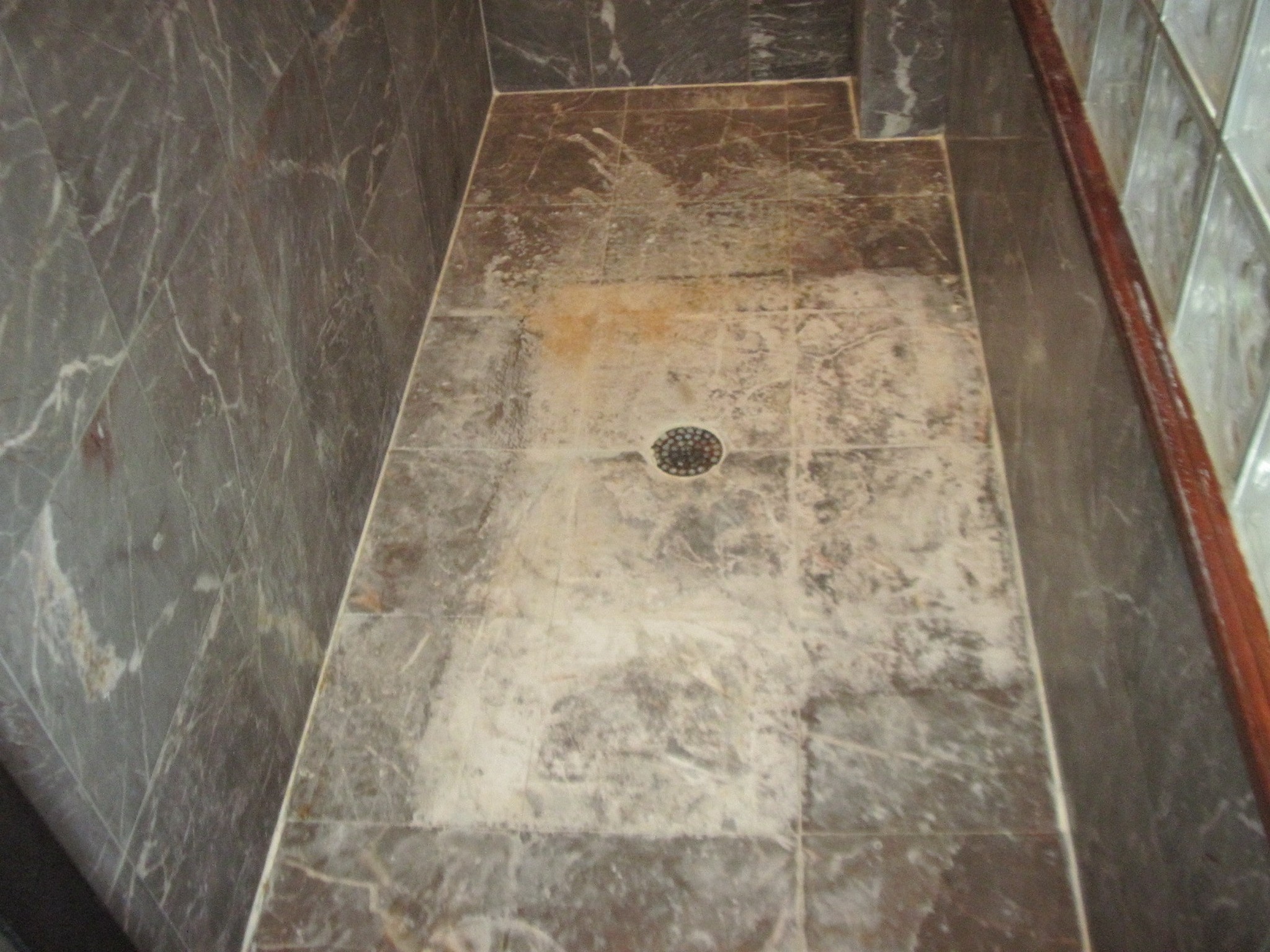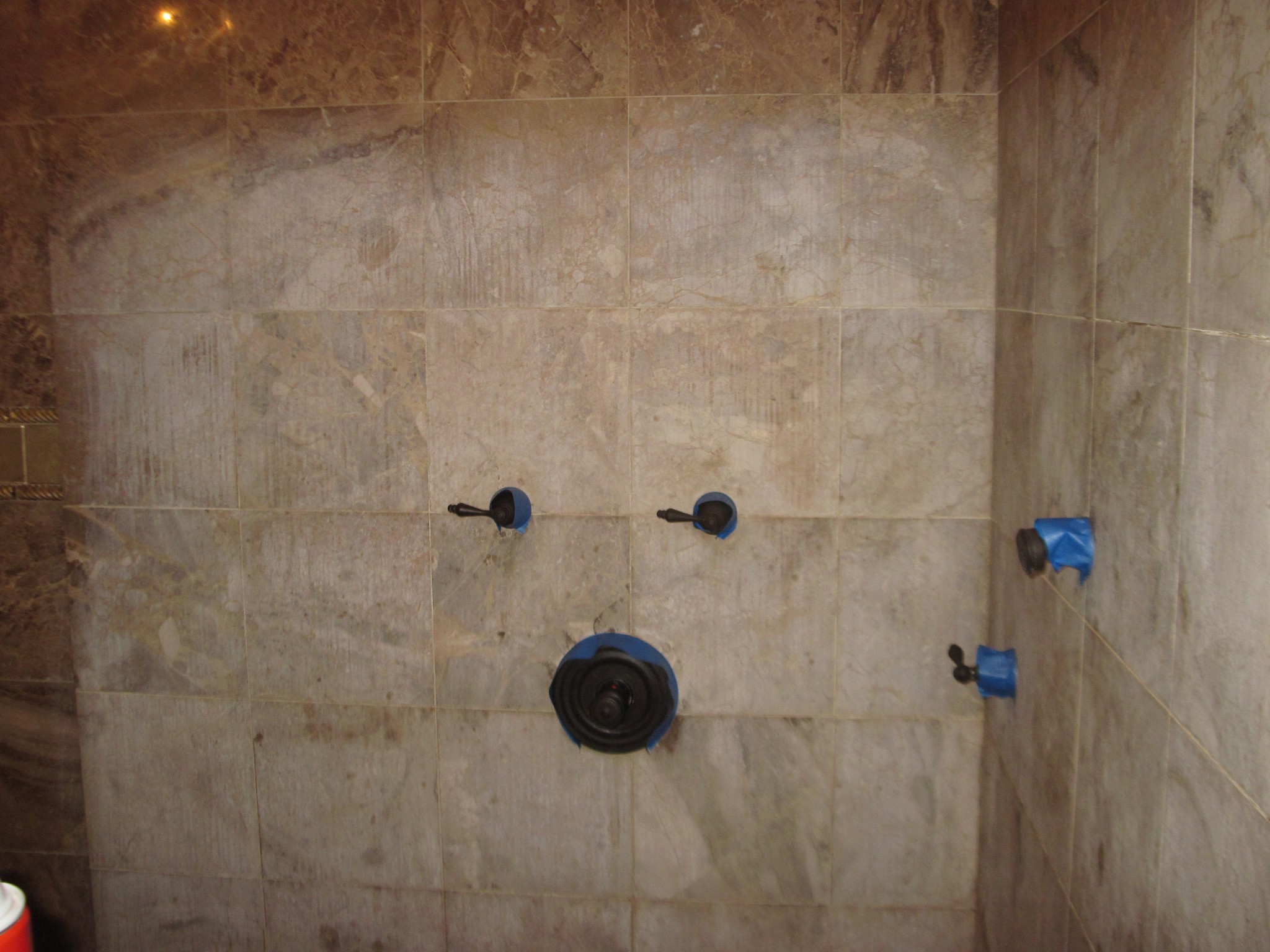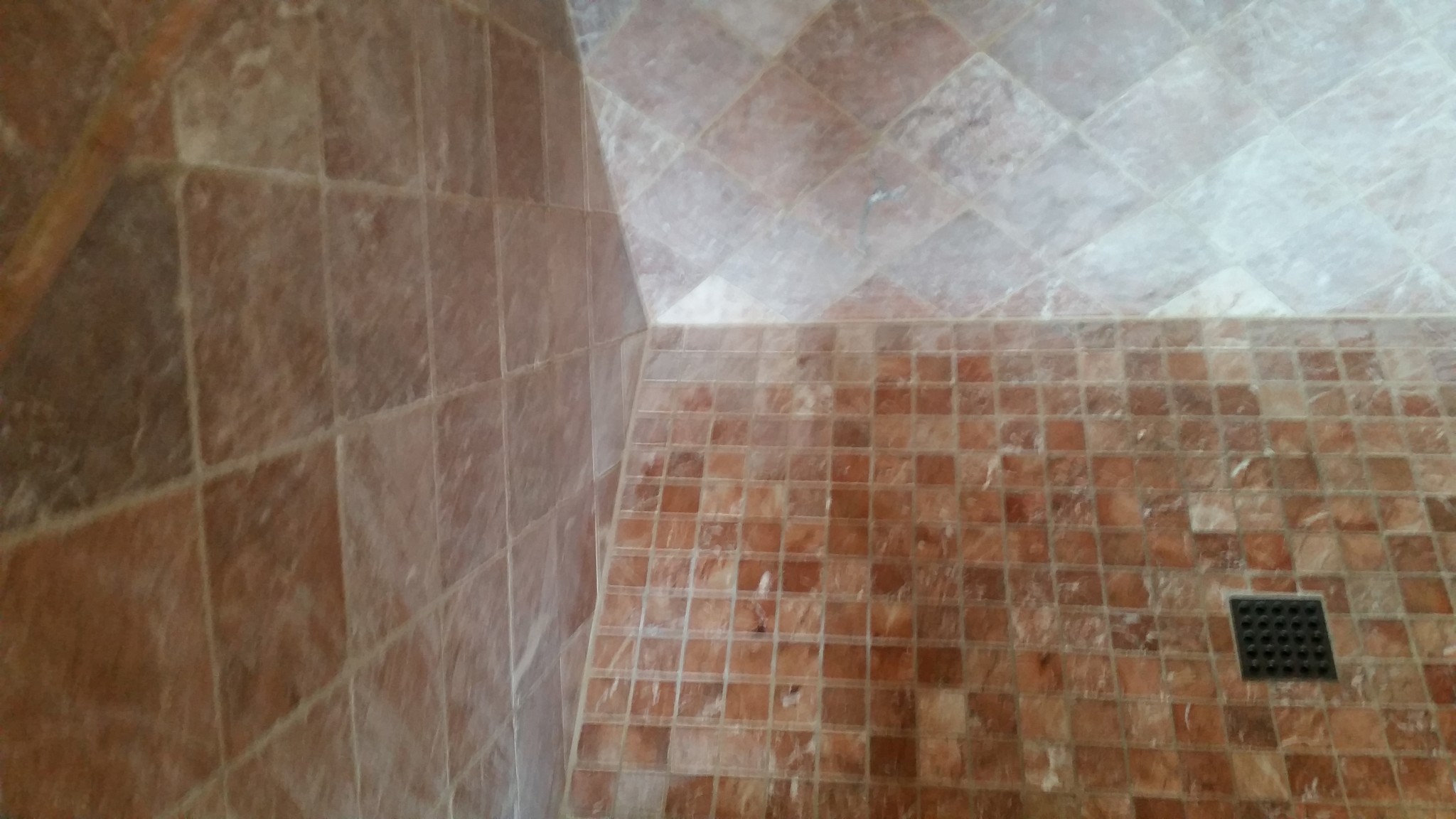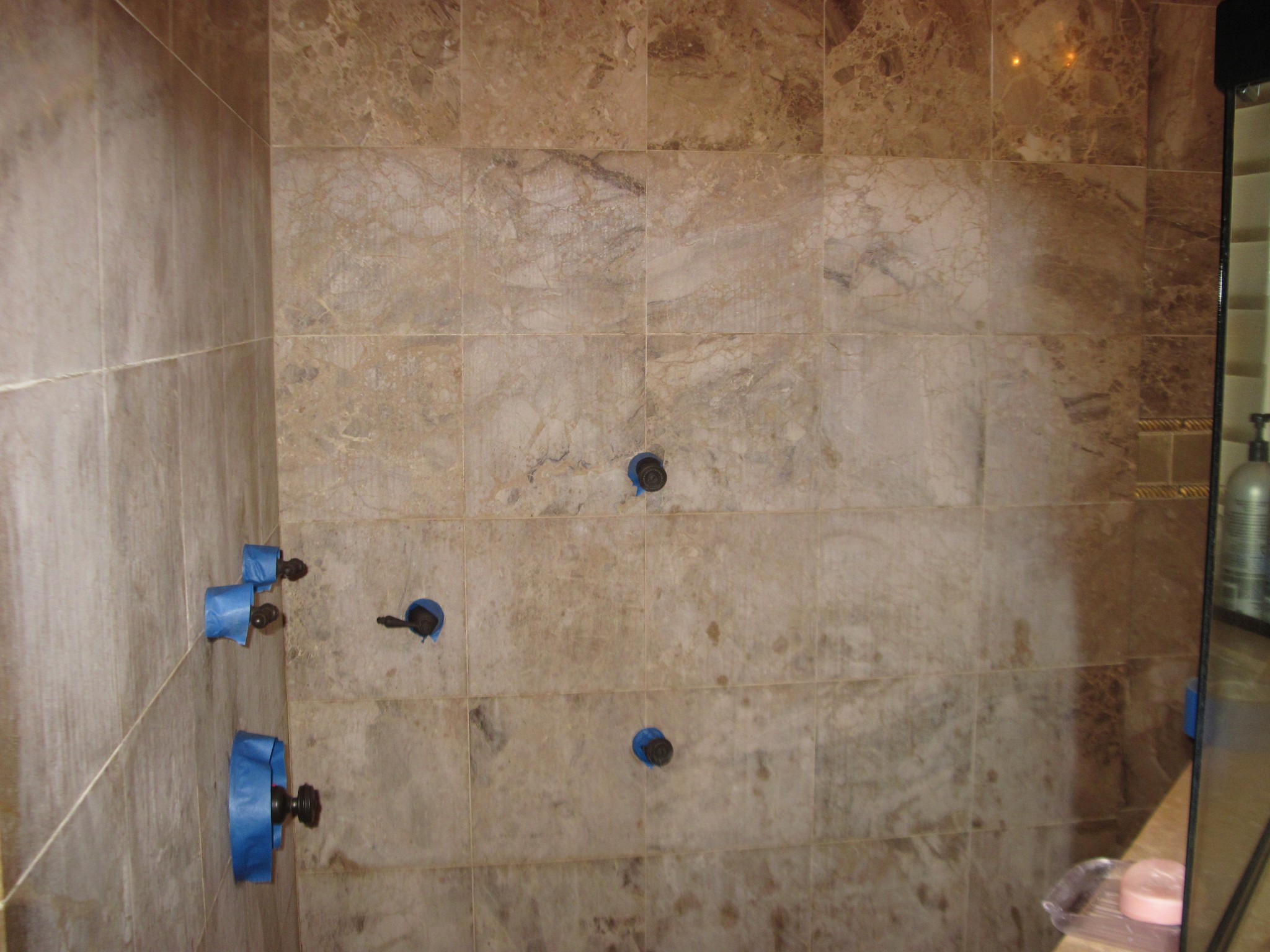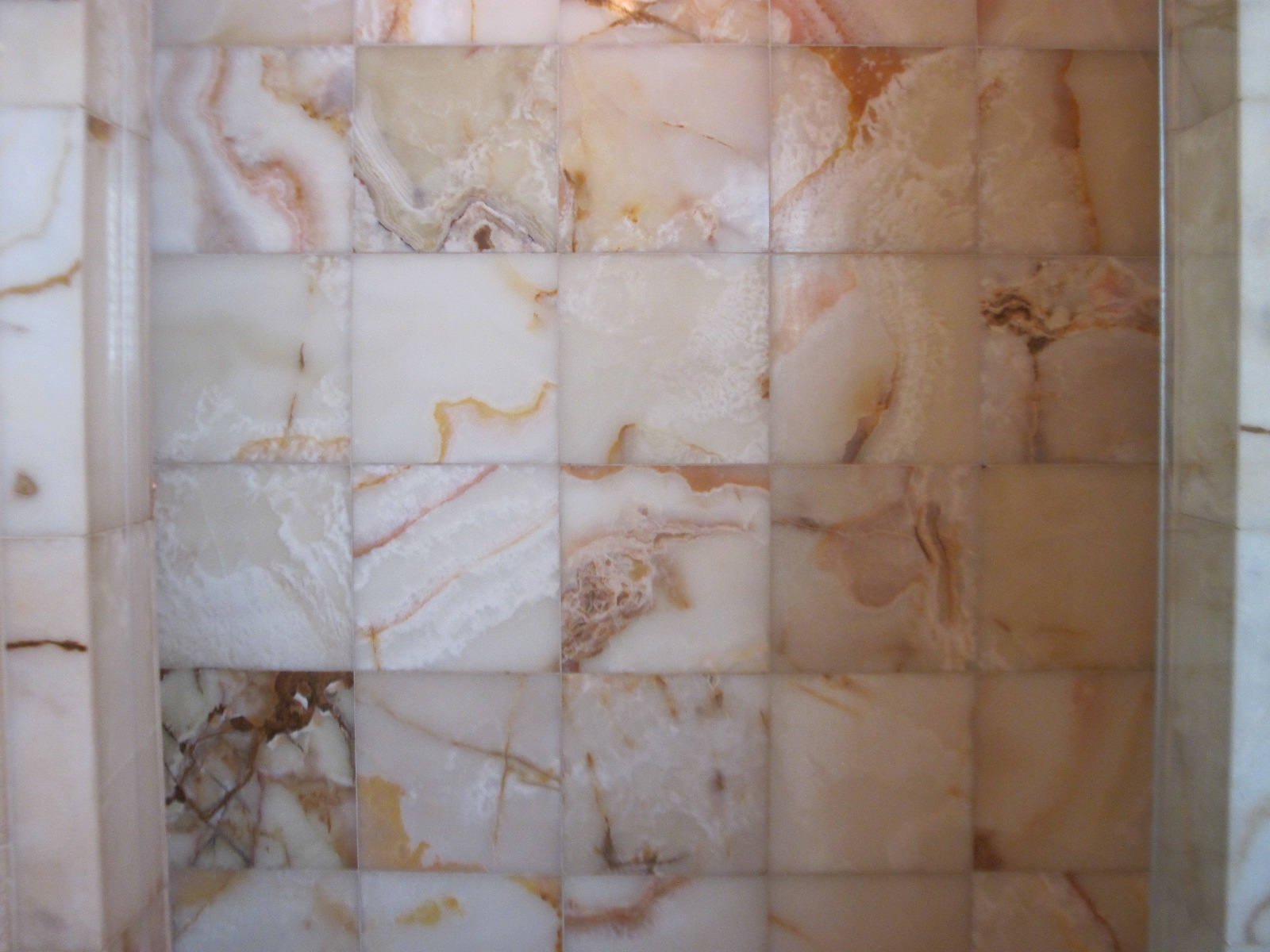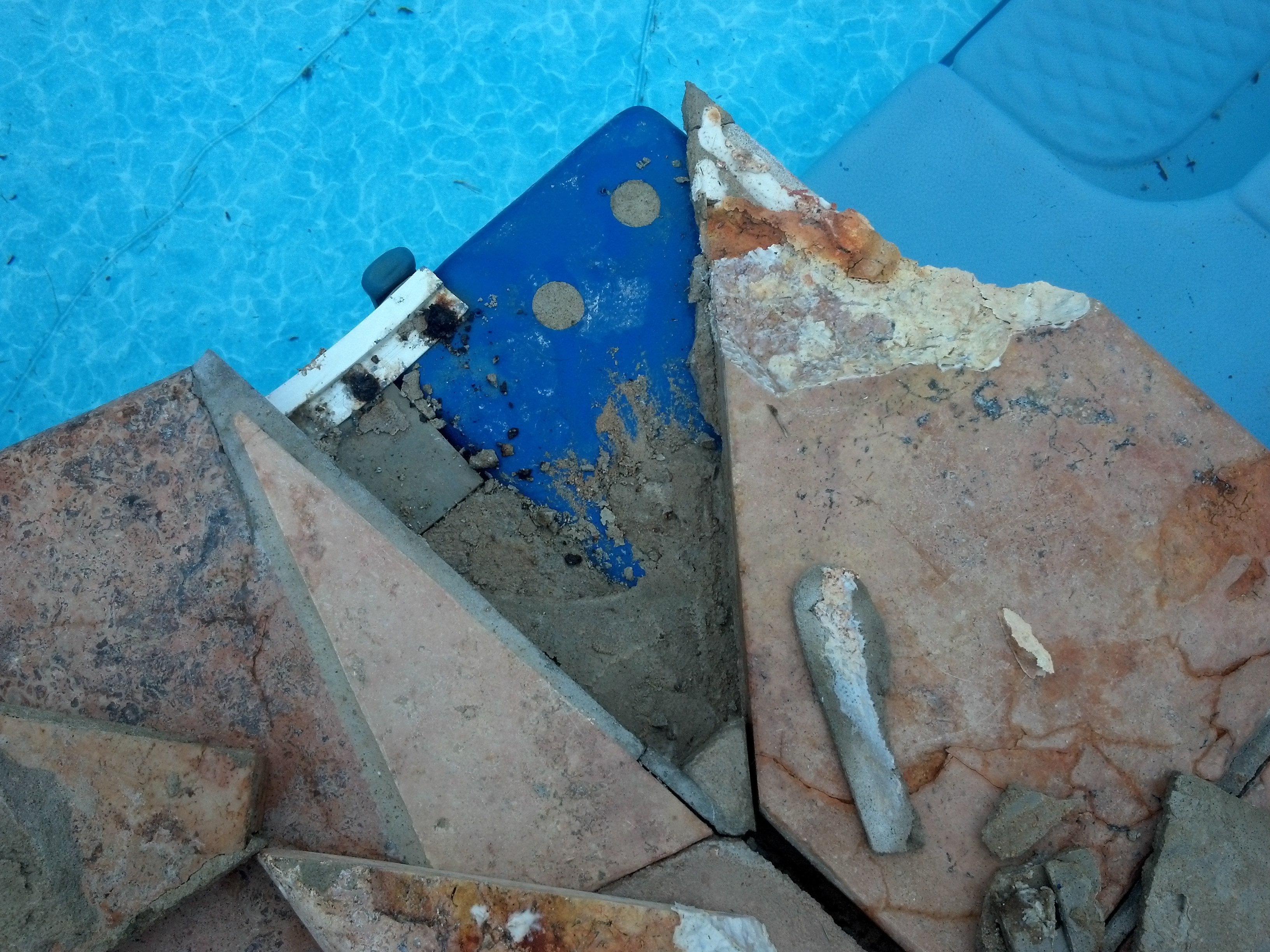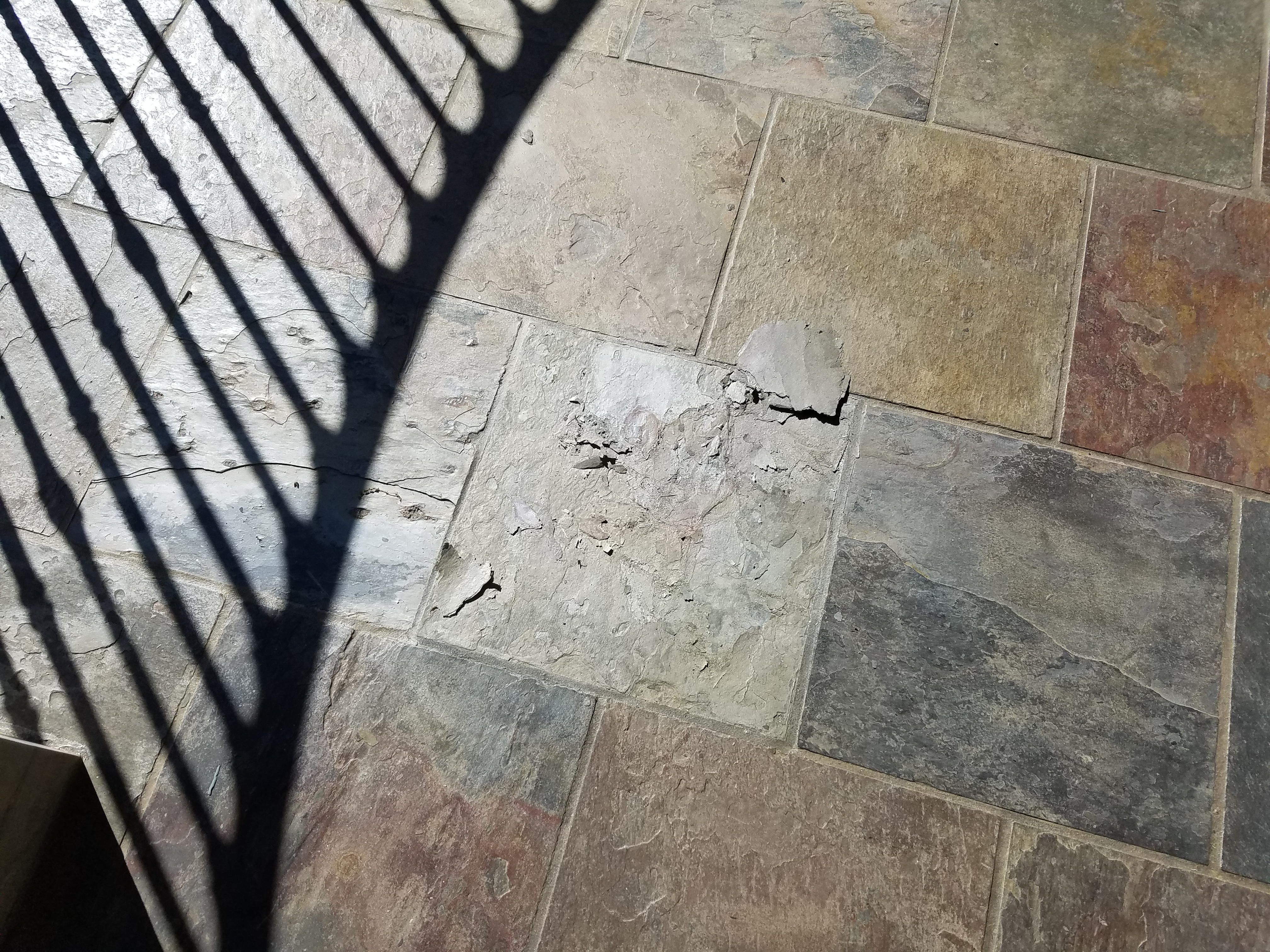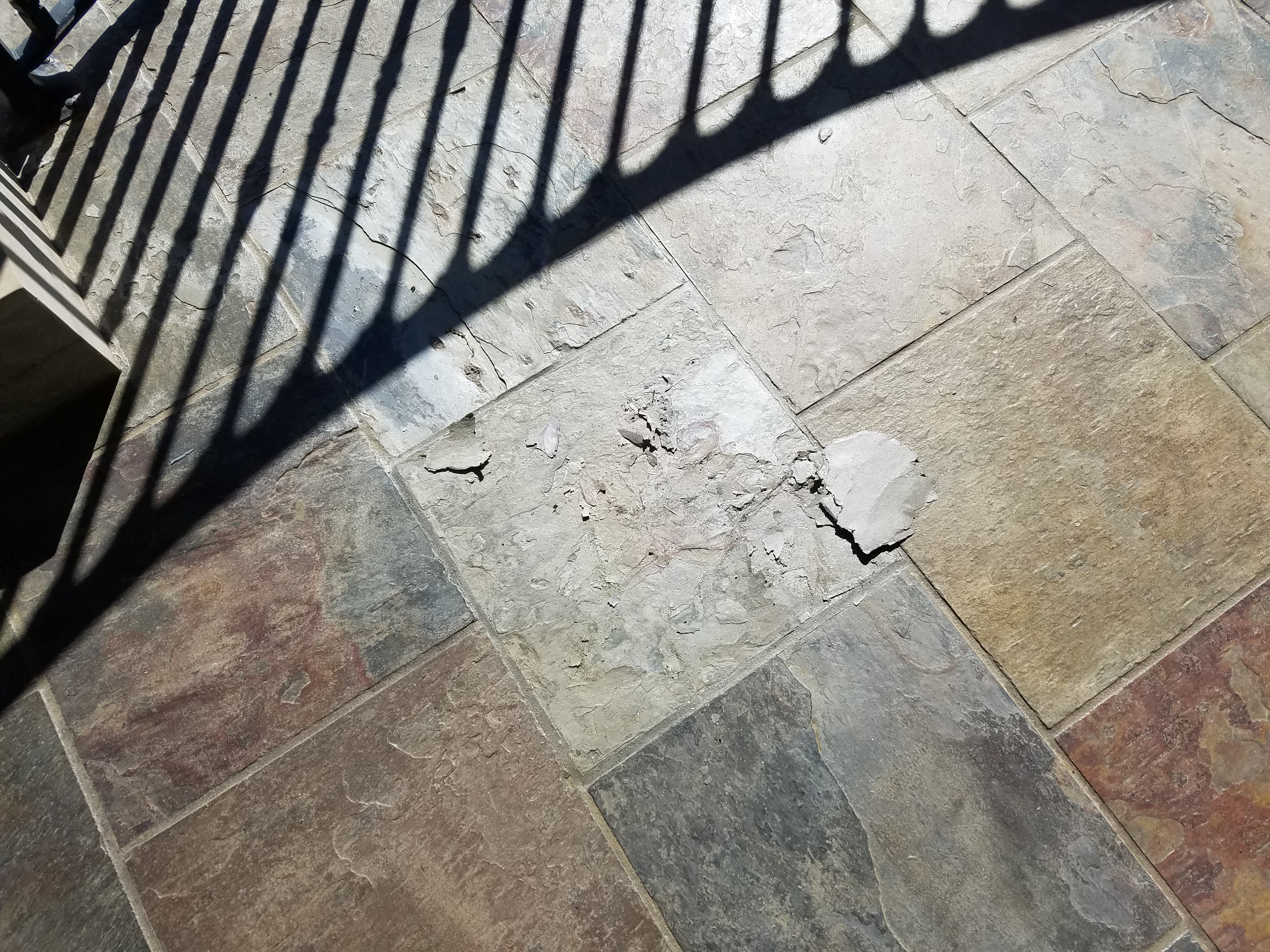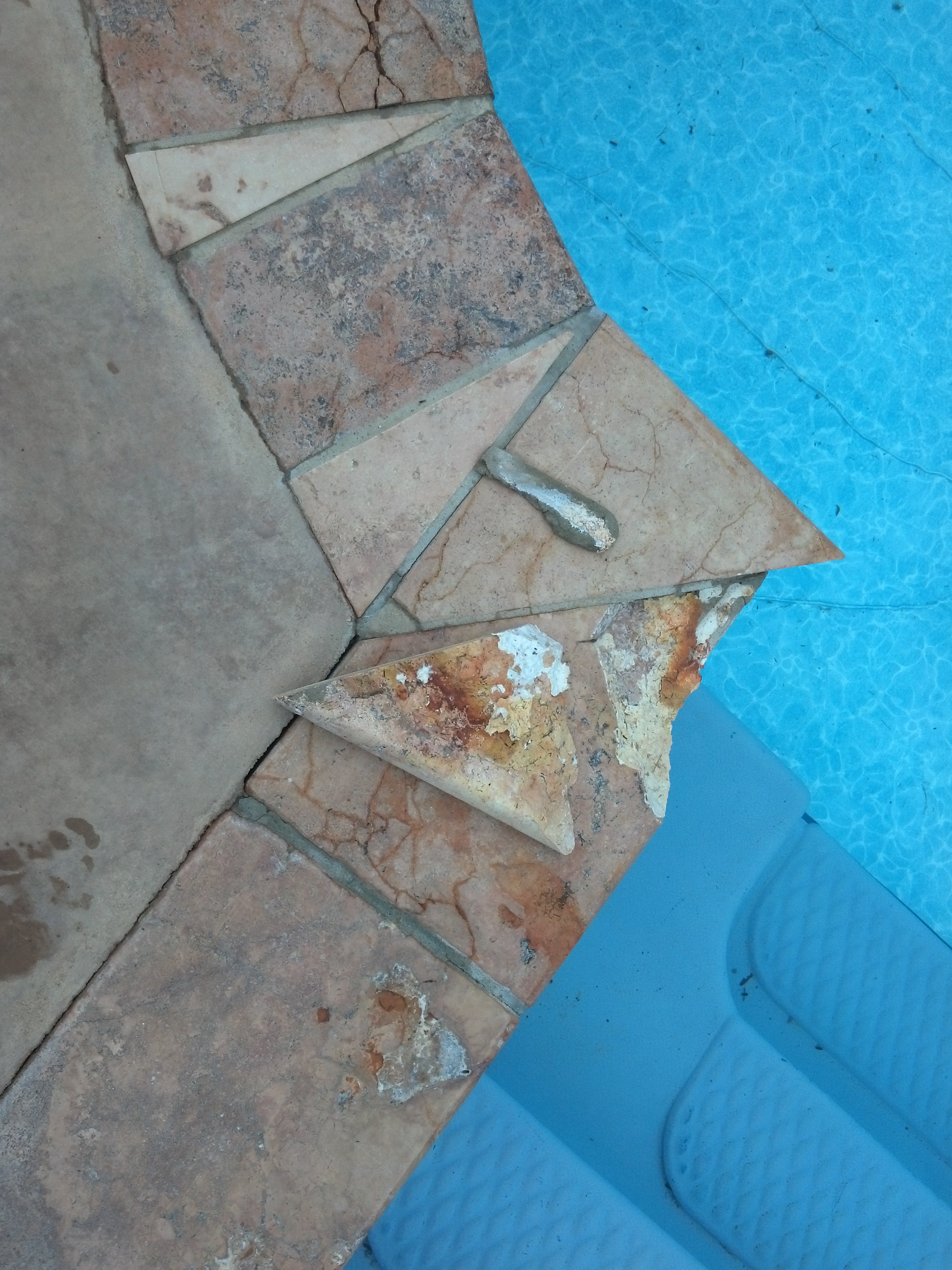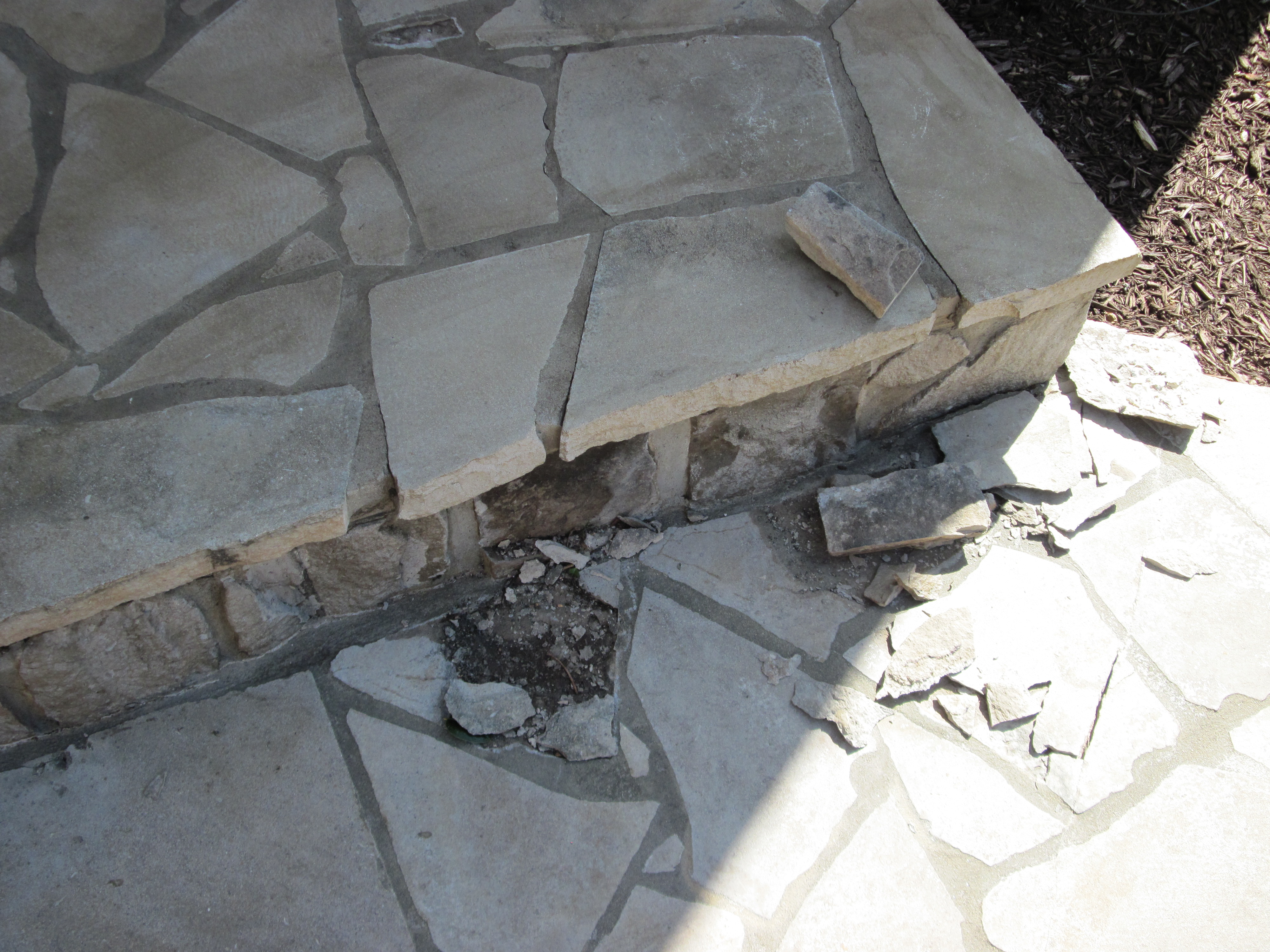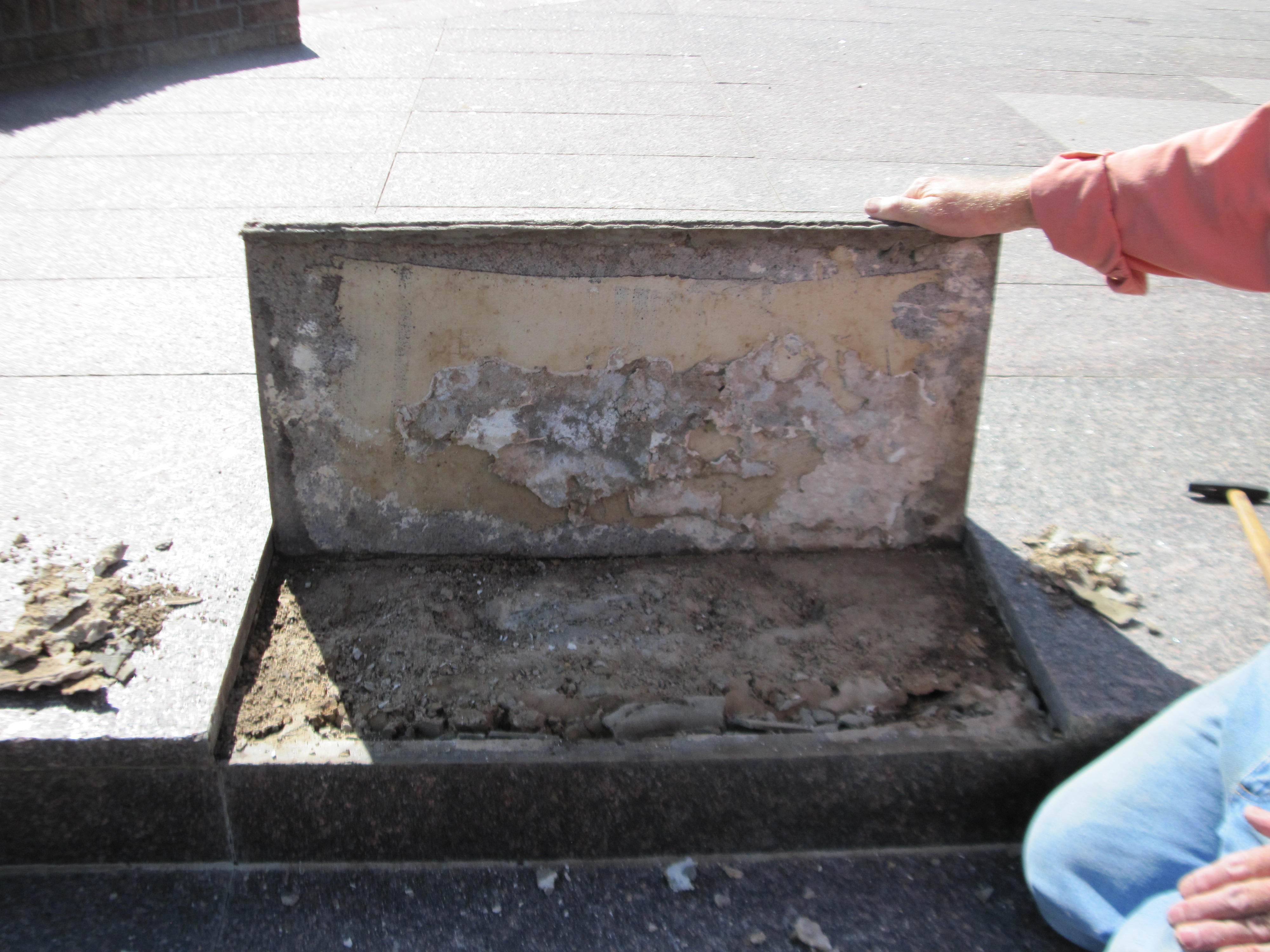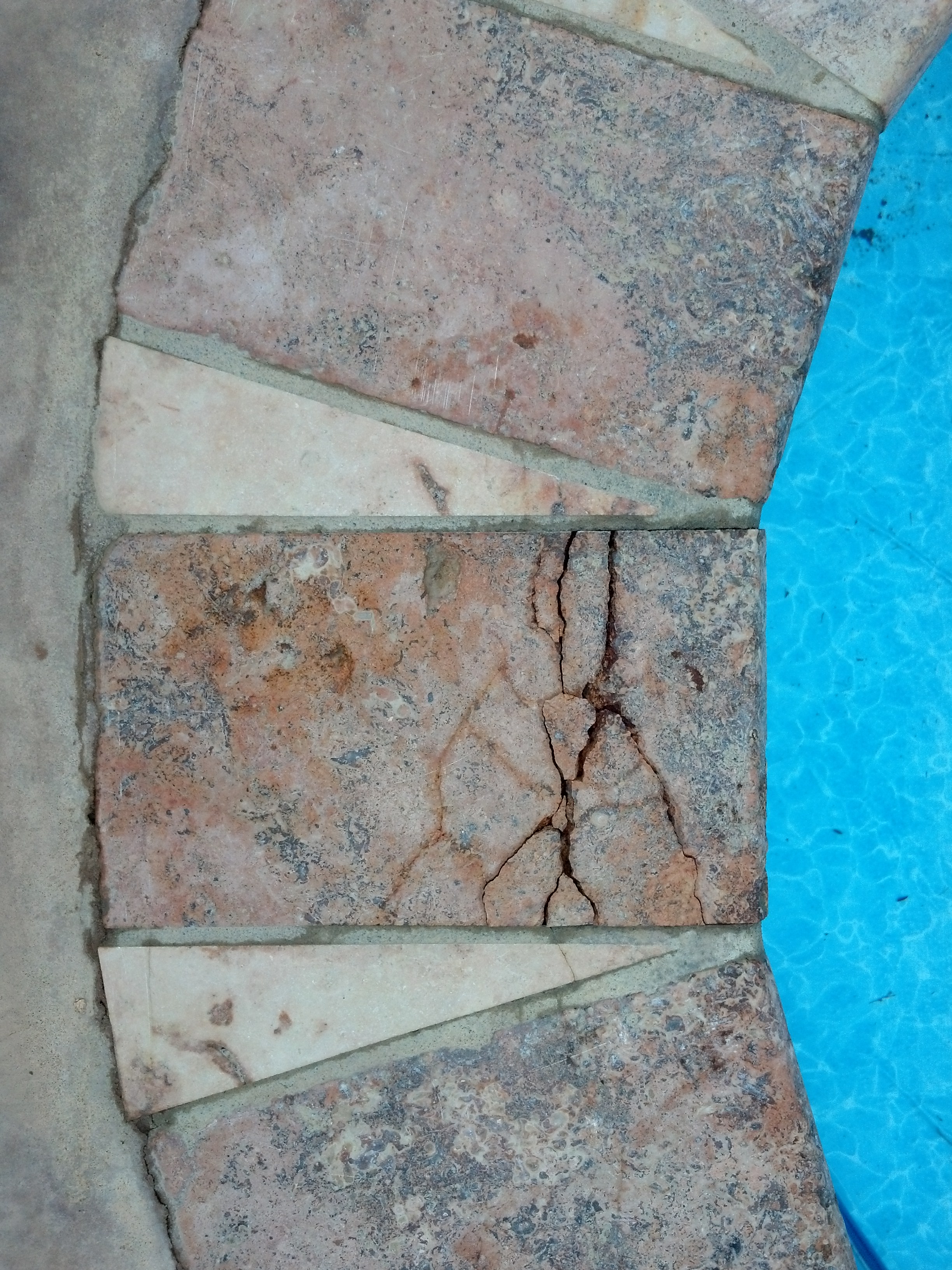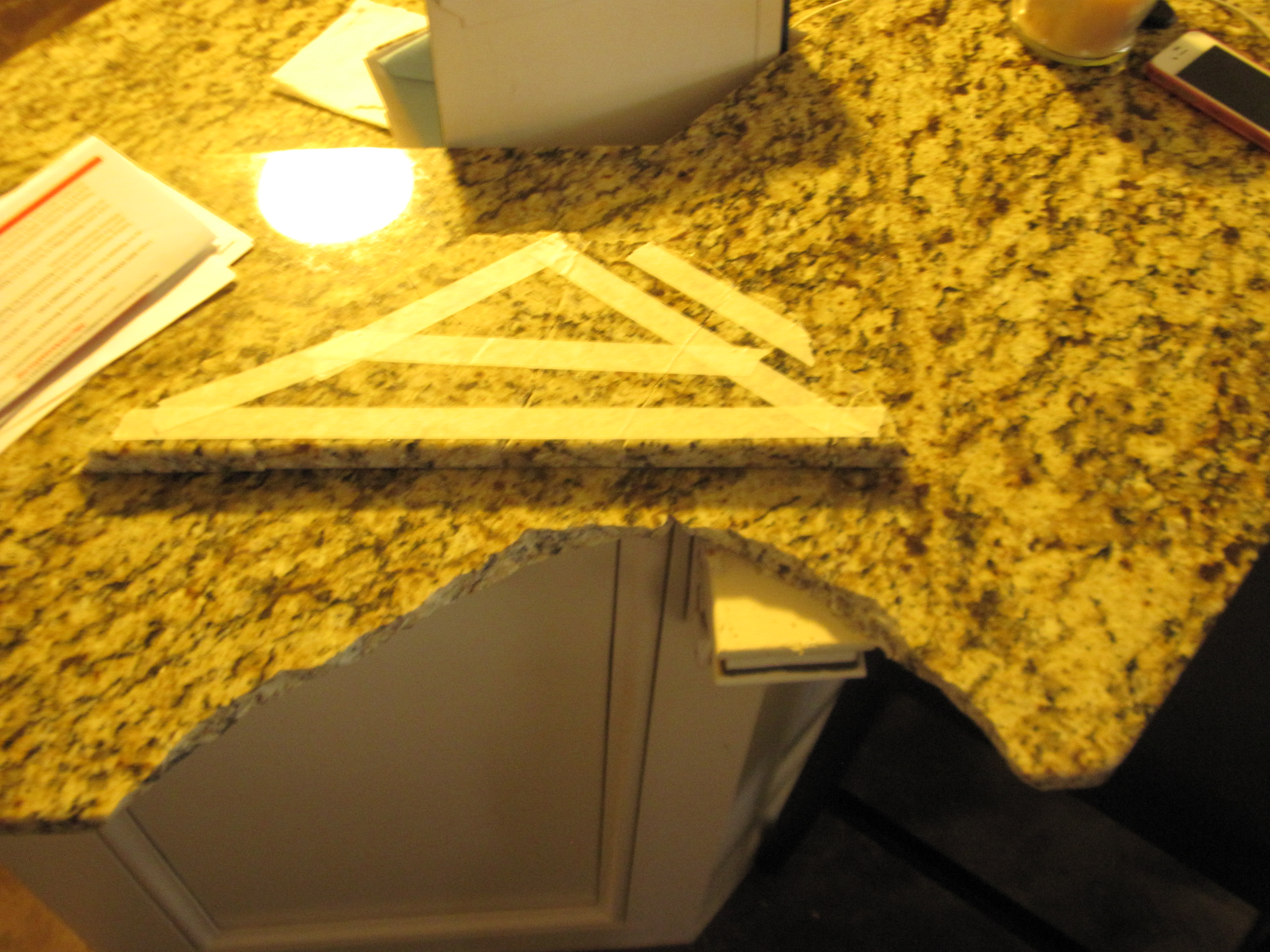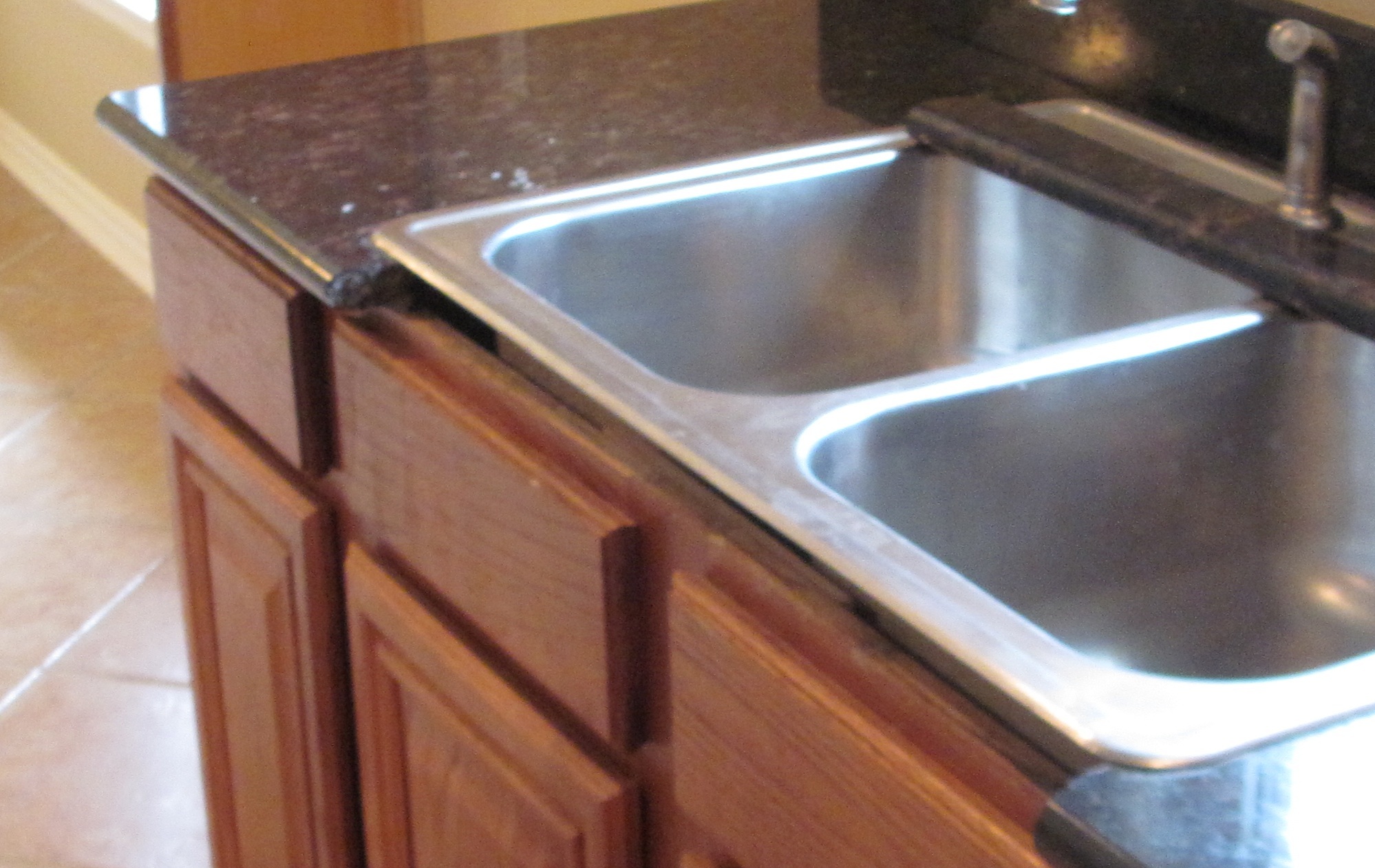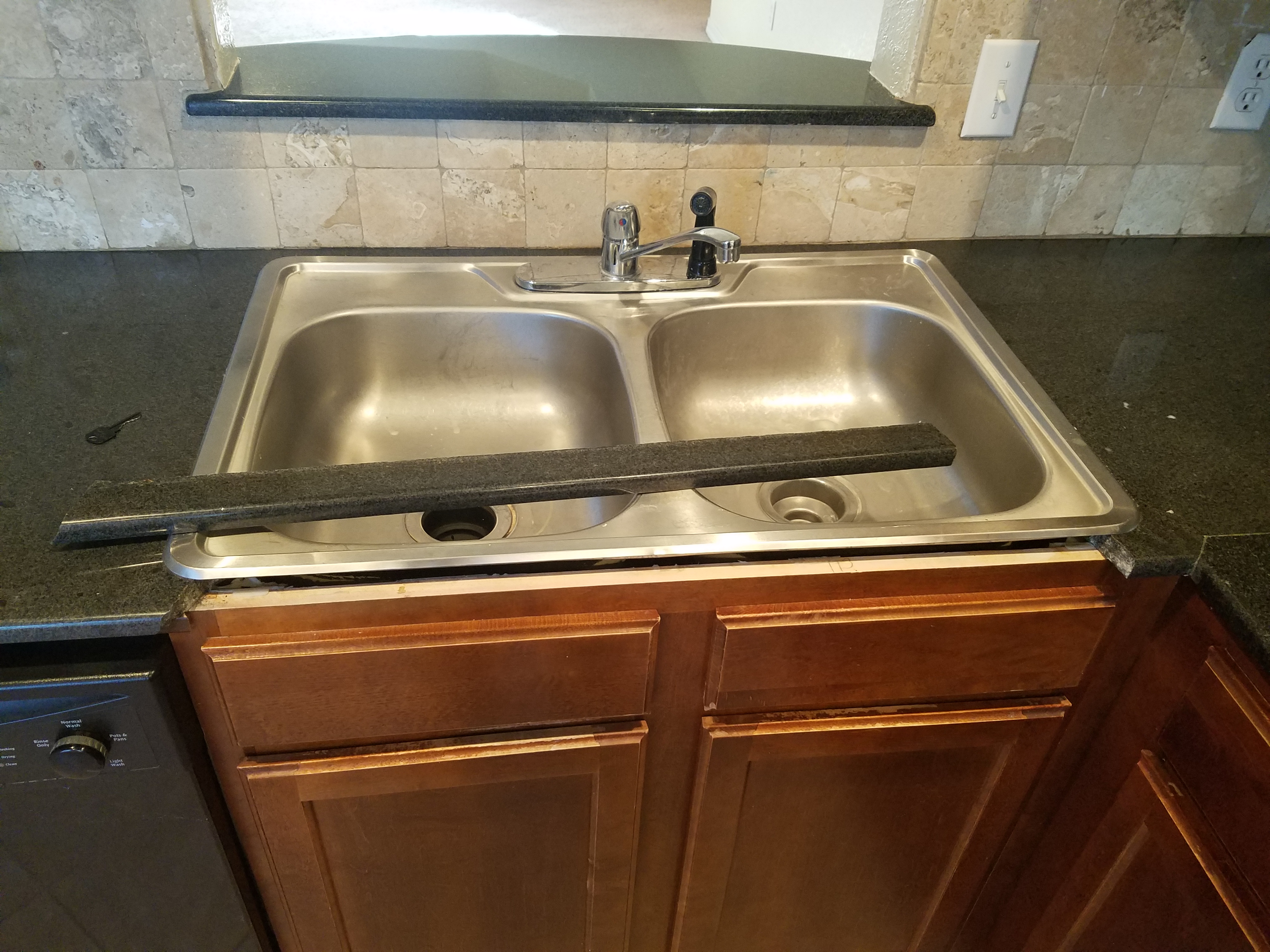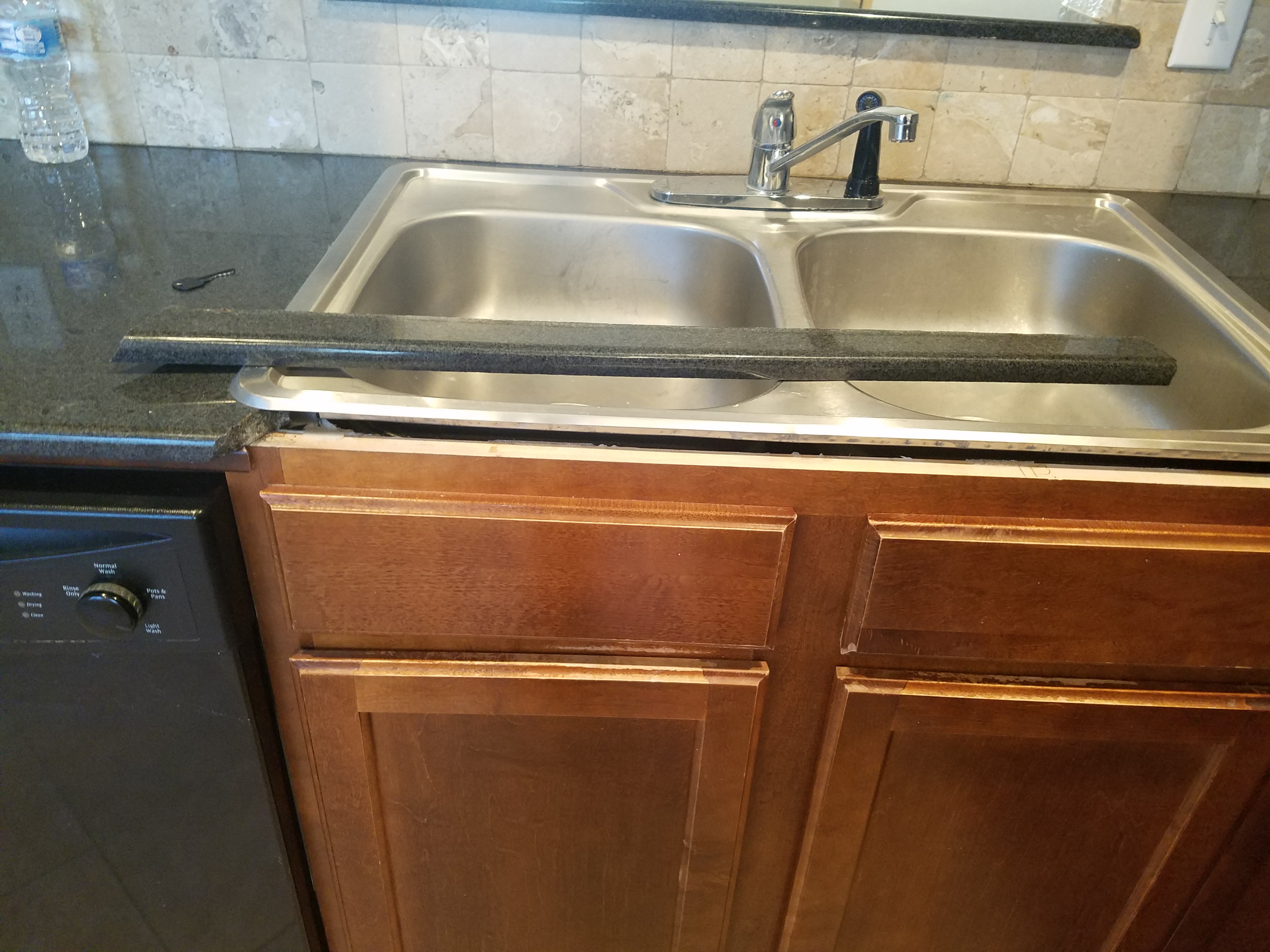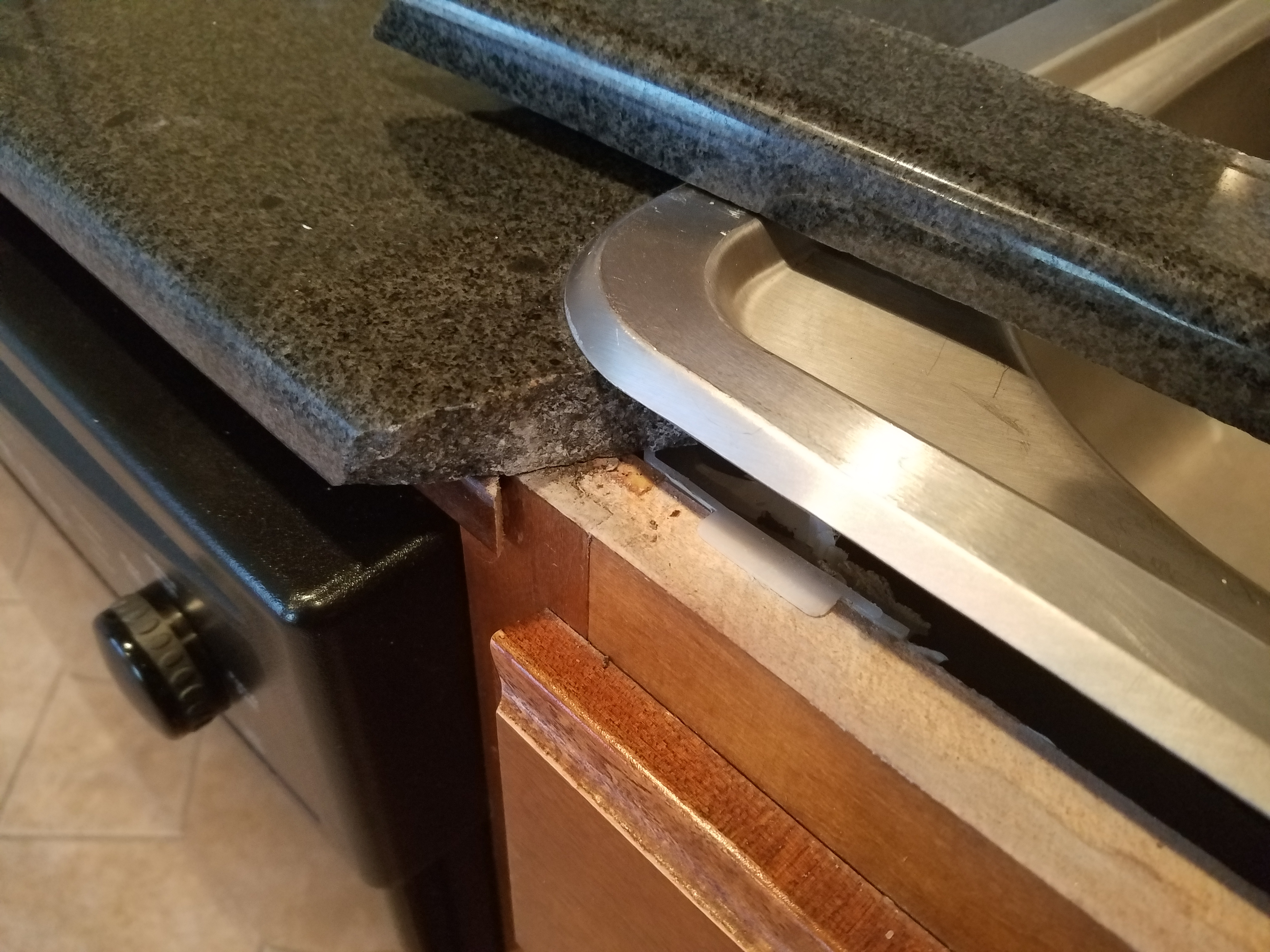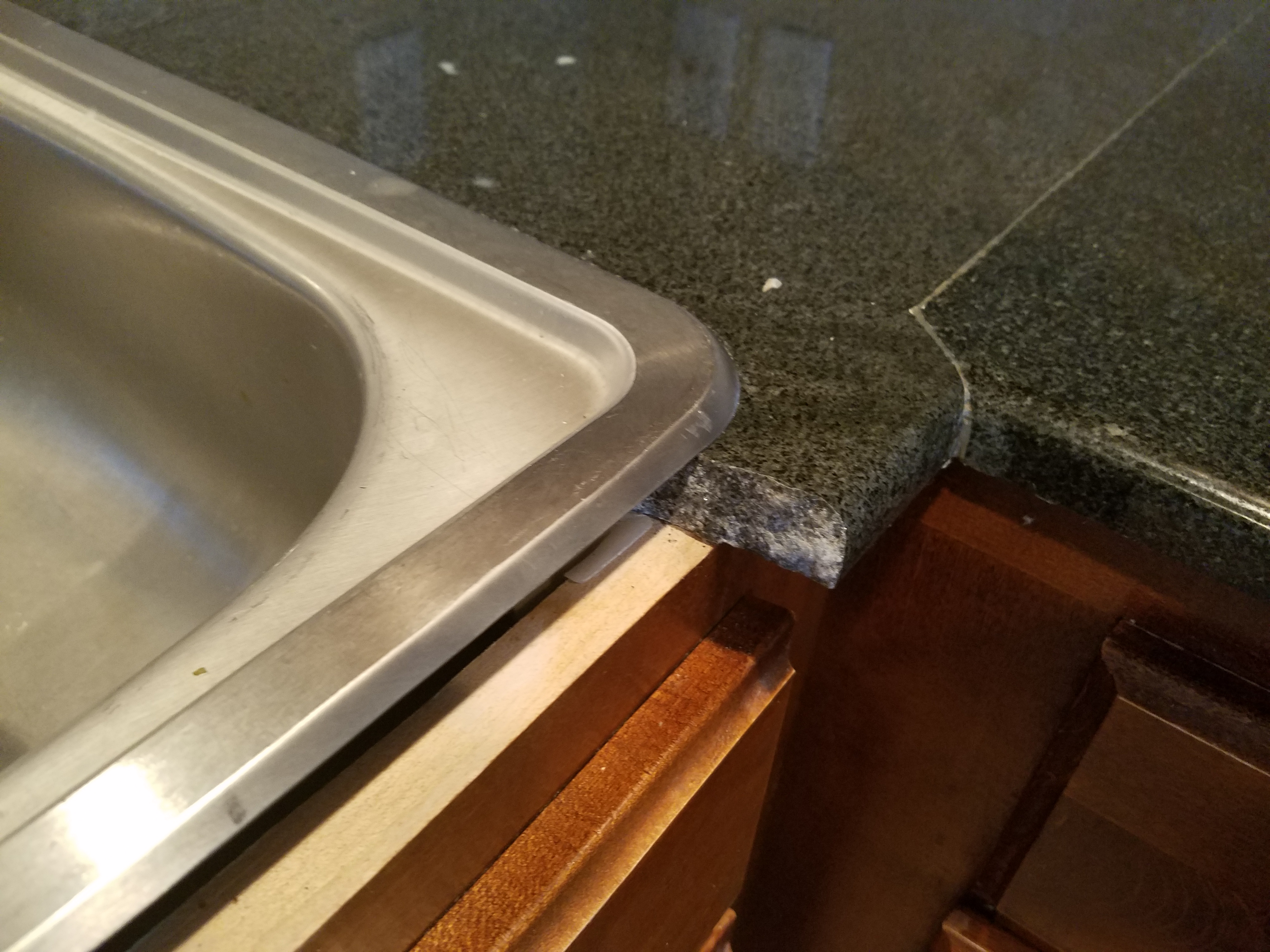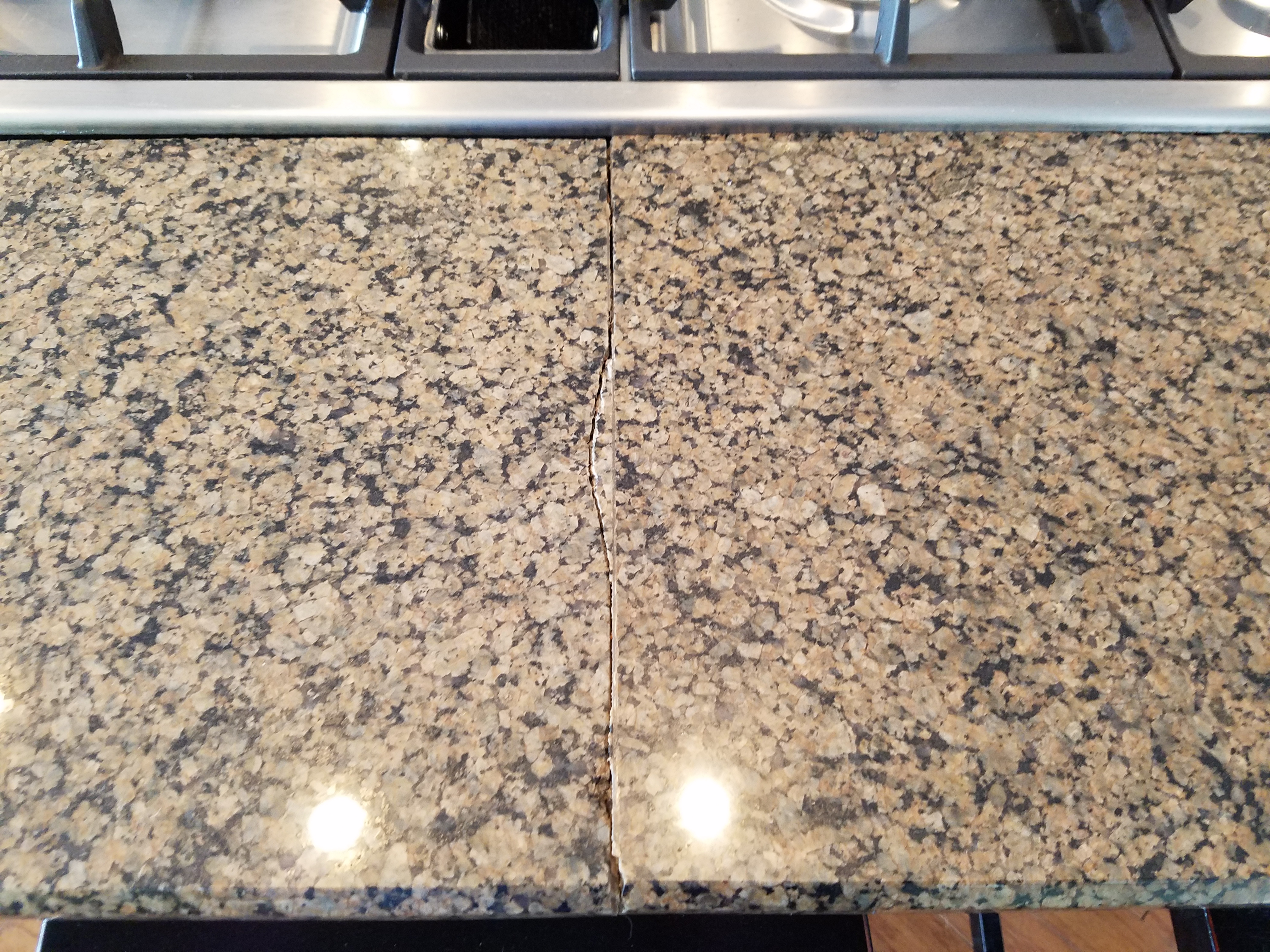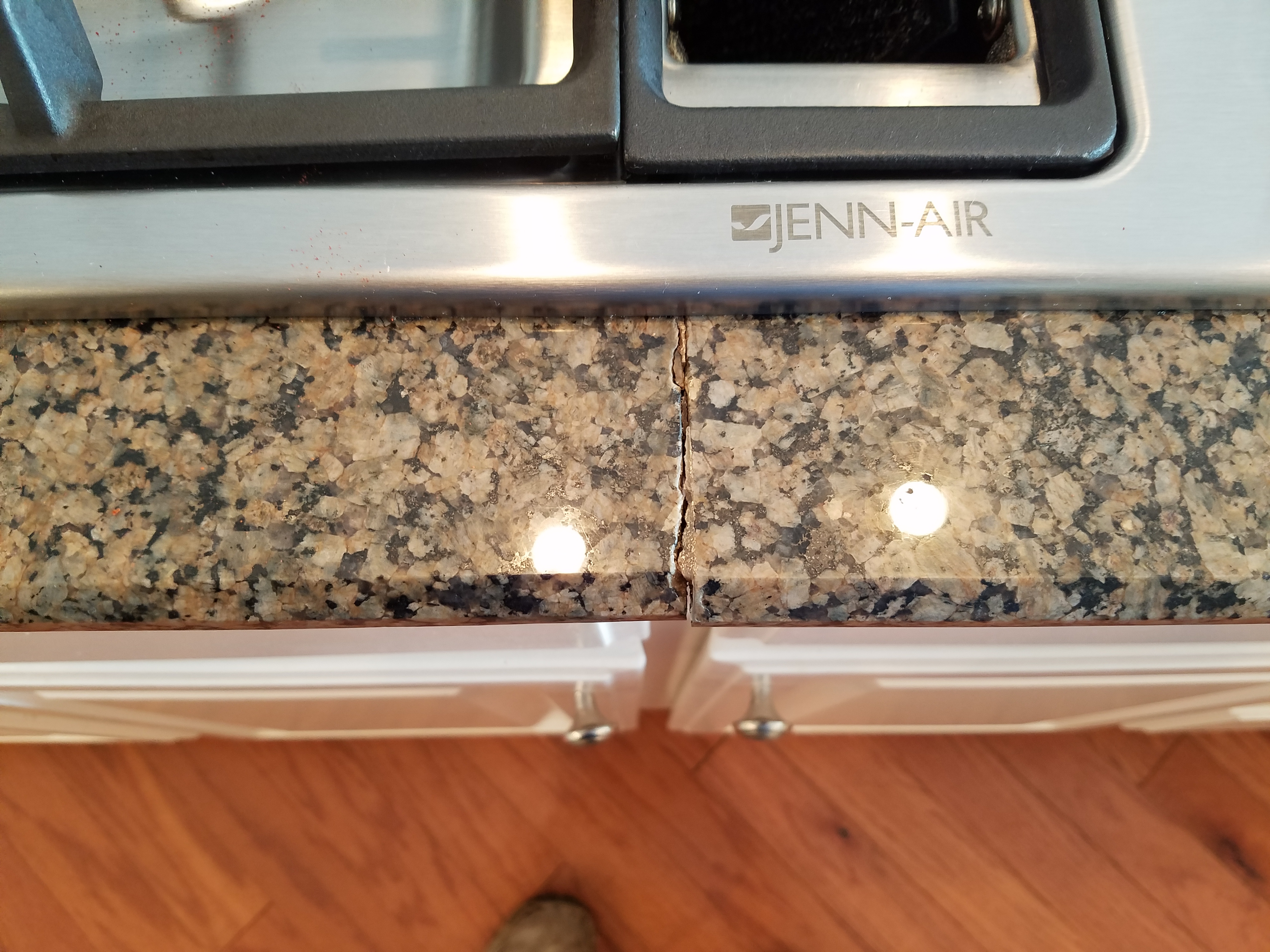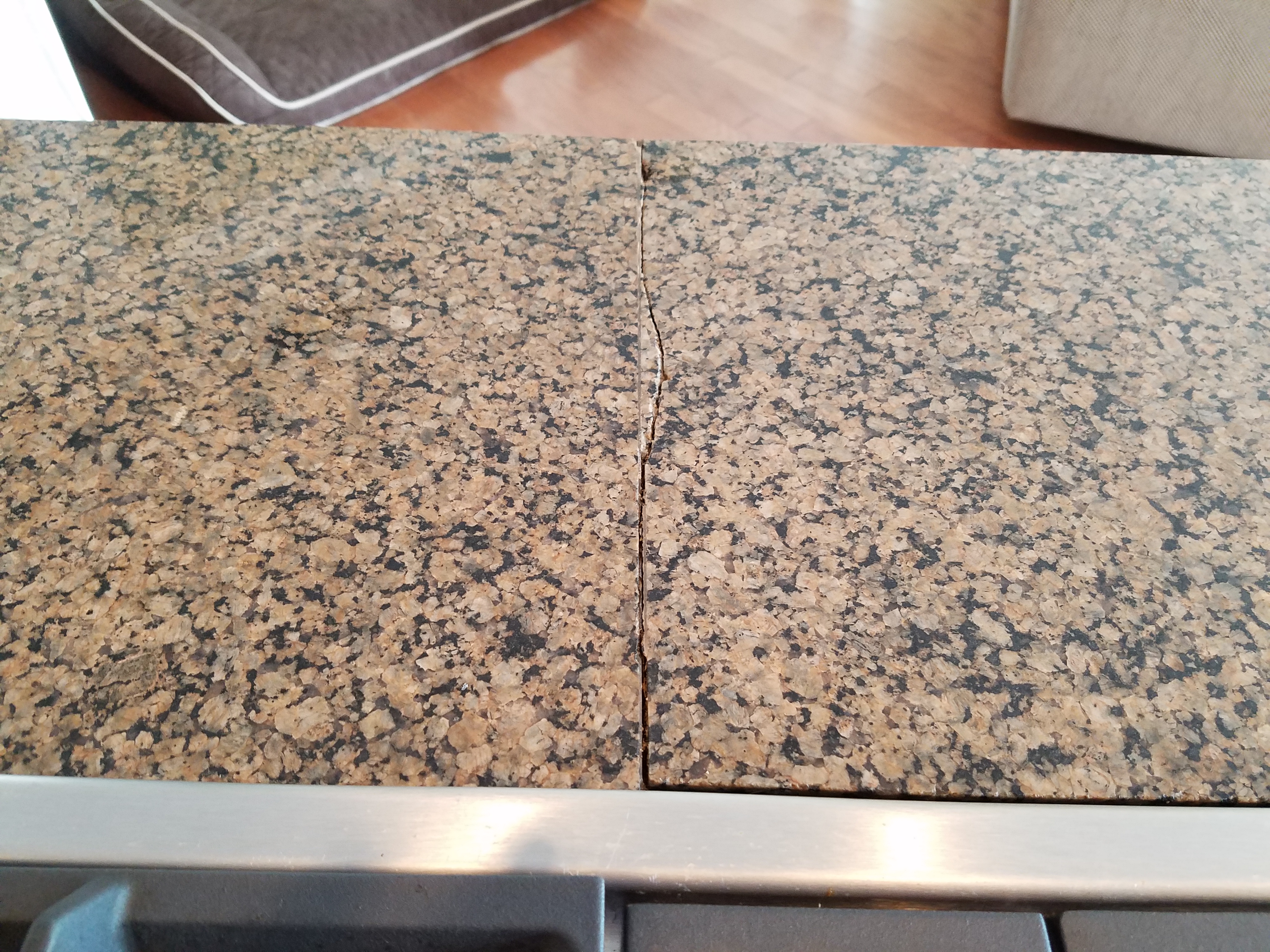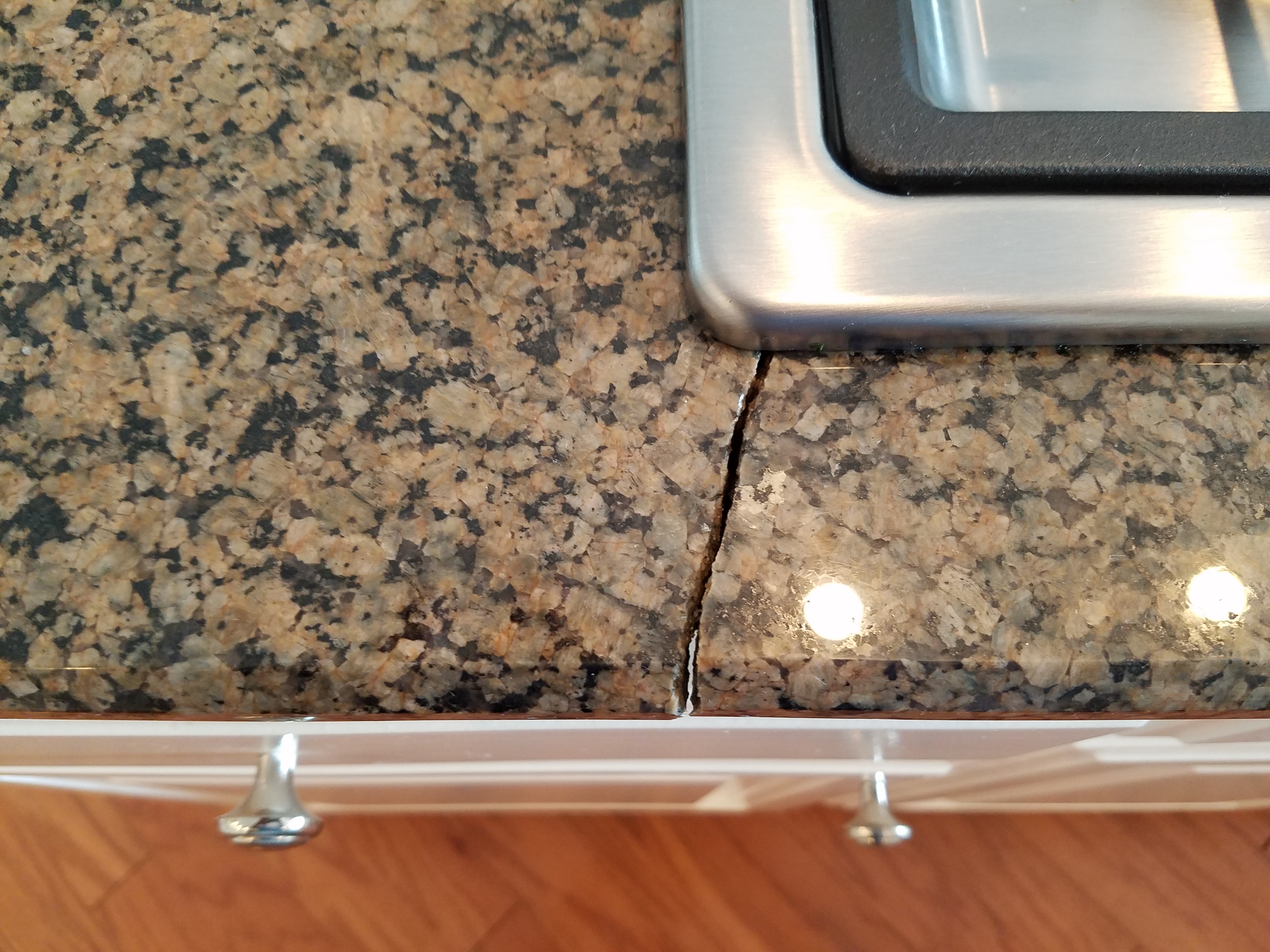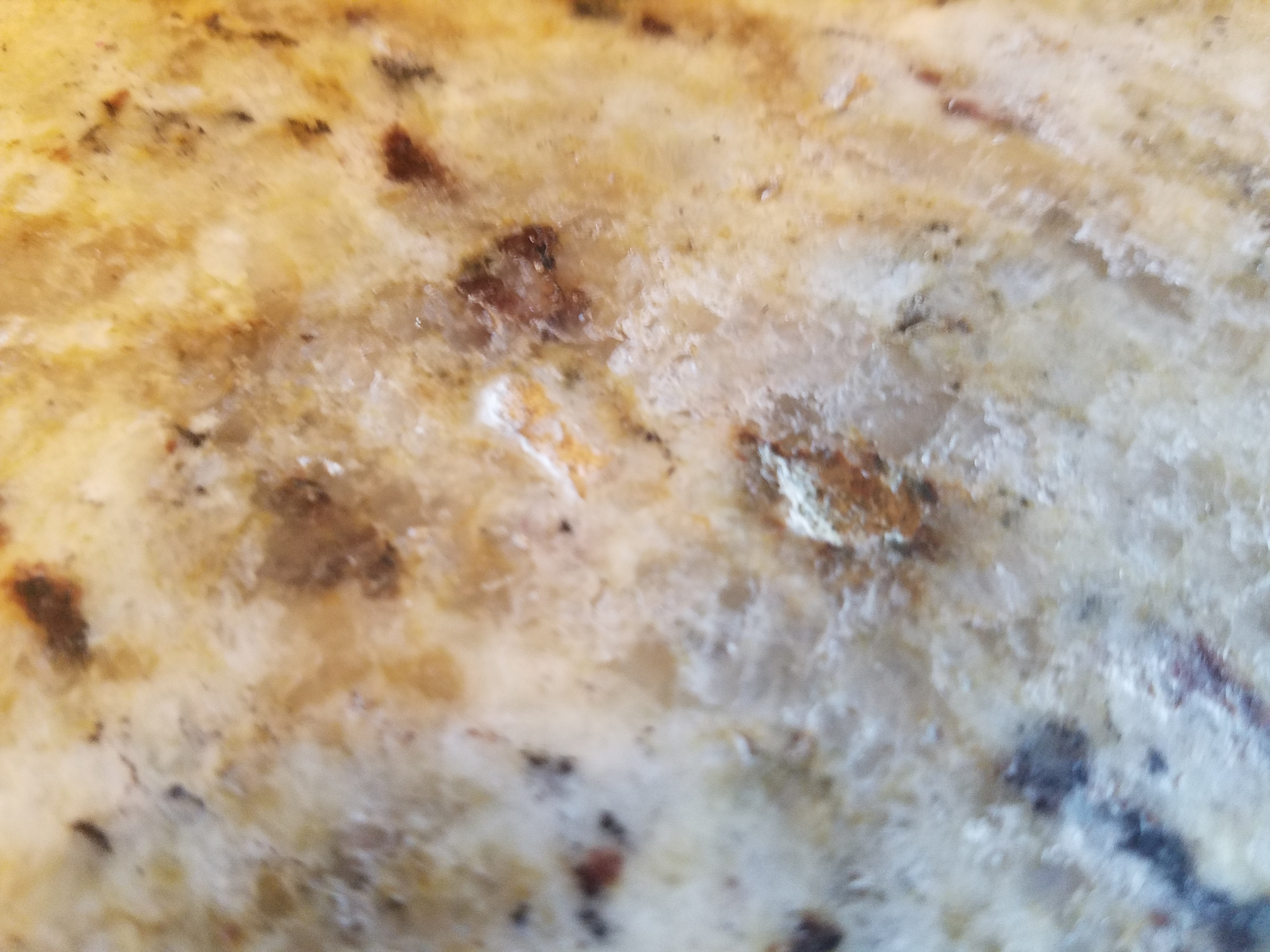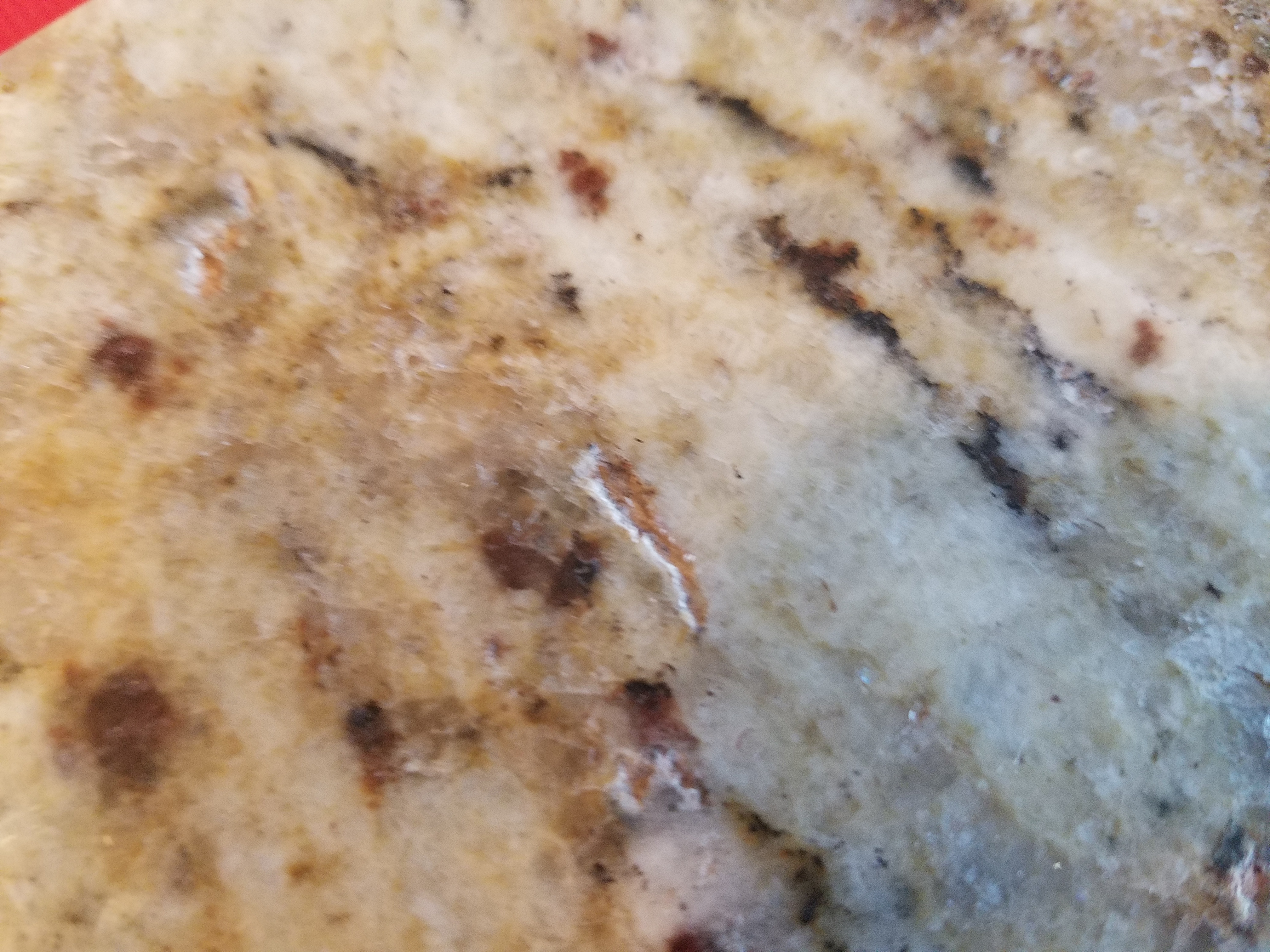Don't Do This
Don't do this!
1) Don't stand on your countertops. You can cause cracks in the stone, especially at the sink or range areas.
2) Don't slide sharp or abrasive objects on the stones surface and always have felt pads under abrasive objects when possible. Crock pots and some kiln fired cookware are abrasive enough to scratch the hardest of granites. Using place mats or padding will help prevent scratches.
3) Don't use kitchen granite as a cutting board. Knives will dull quickly and scratches may occur.
4) Don't allow acidic foods or liquids to come in contact with stones that contain calcium, such as marble, limestone or travertine. These stones may show damage by the etching of the stones surface. Polished stones will show more etch damage than on a honed finish.
5) Don't forget to have walk-off mats at all stone entries to help keep abrasives from scratching floors.
6) Don't have a marble, limestone and travertine floor polished with crystallizers. This method is also called re-crystallization, and is considered to cause long term damage by most natural stone restoration professionals.
7) Don't let your stone become saturated with water because of mineral deposits may migrate to the surface which can cause spalling (expanded mineral damage) may occur.
8) Don't over apply sealers to natural stone and allow the excess sealer to dry on the surface. The excess sealer may require chemical or mechanical methods for removal once it has dried.
9) Don't apply topical coatings such as waxes, acrylics, urethanes or lacquers to a honed or polished natural stone. This will create a difficult to maintain surface and is very expensive to completely remove when needed.
10) Don't be afraid of your natural stone as it will last many life times with proper care.


